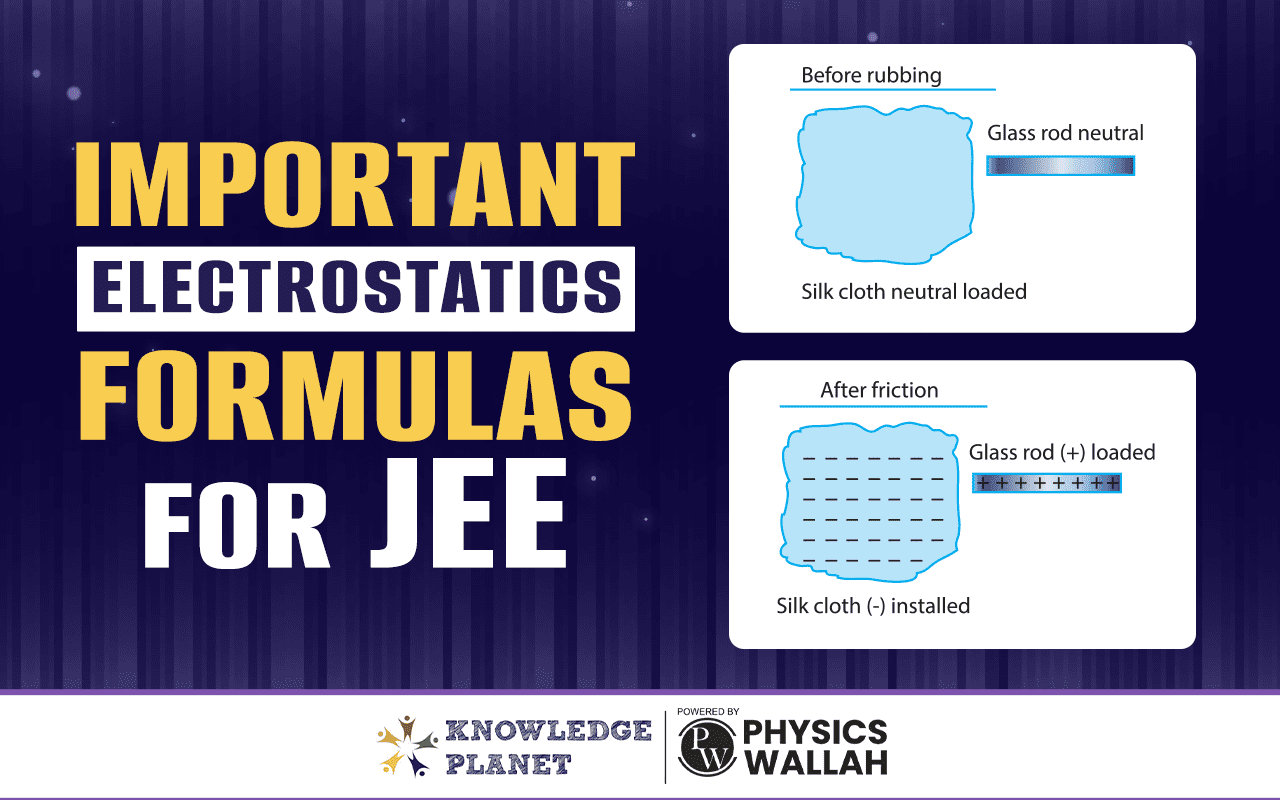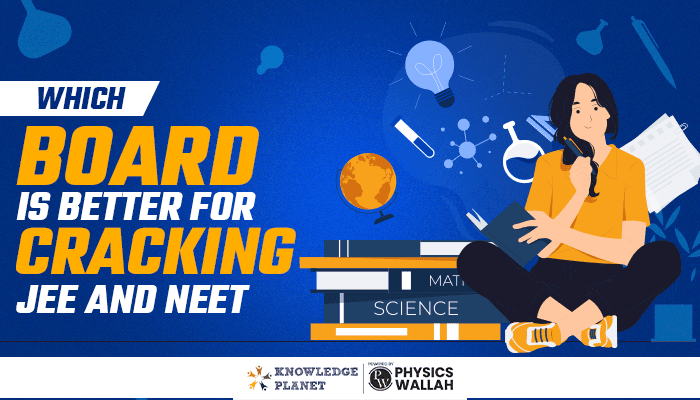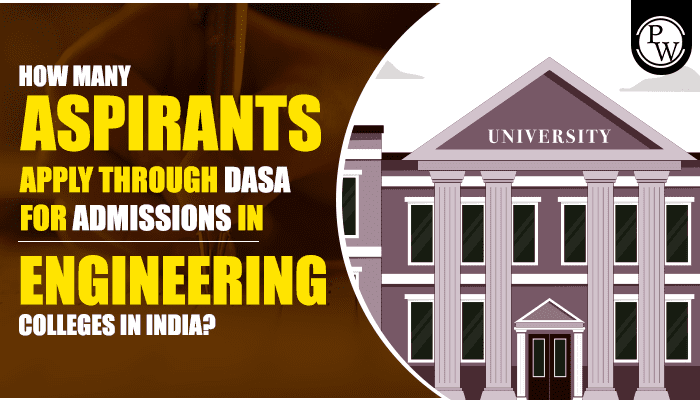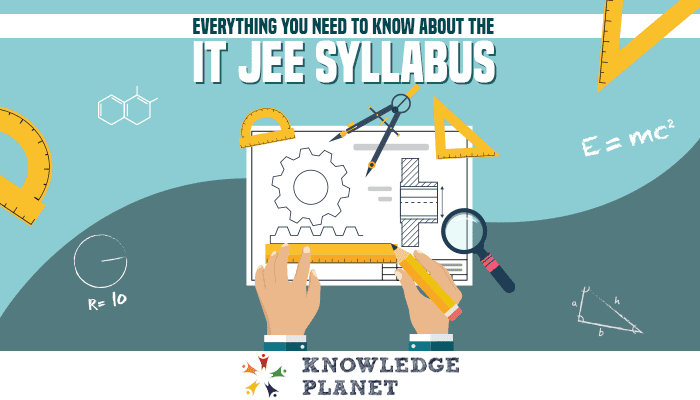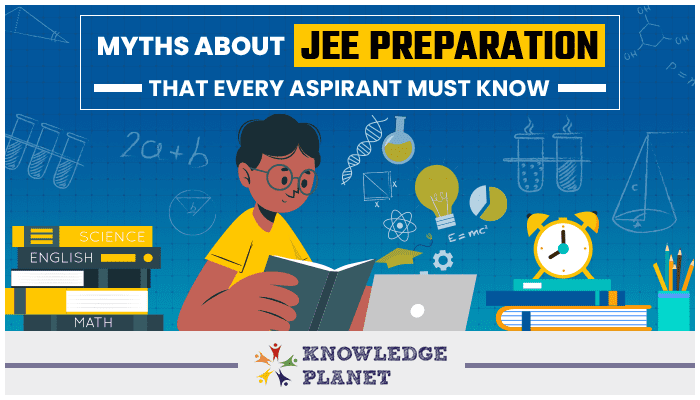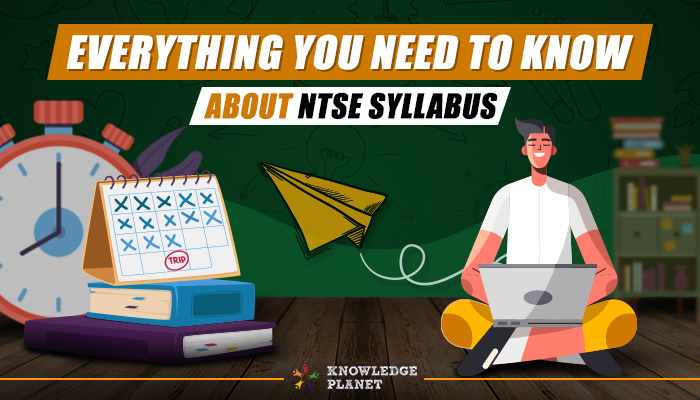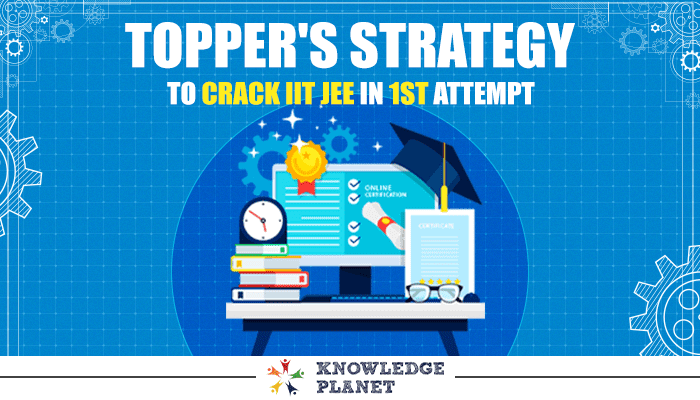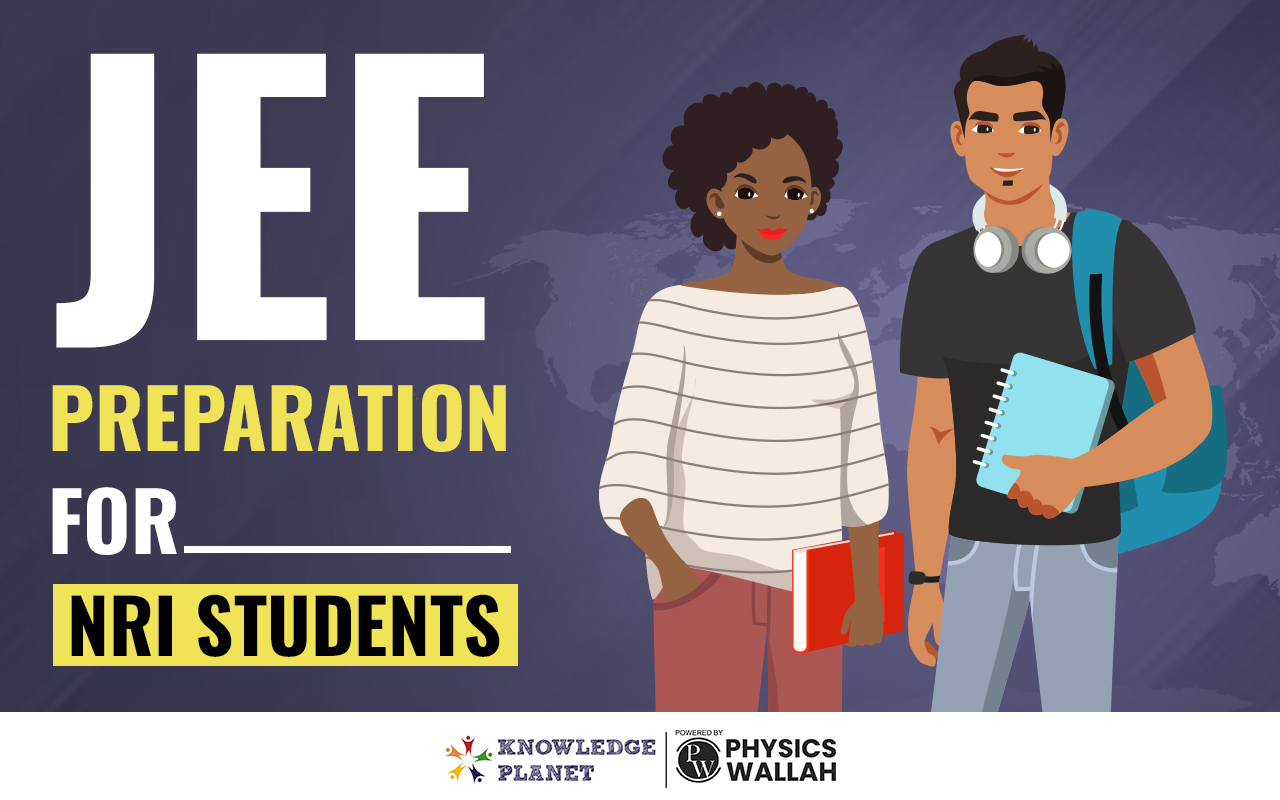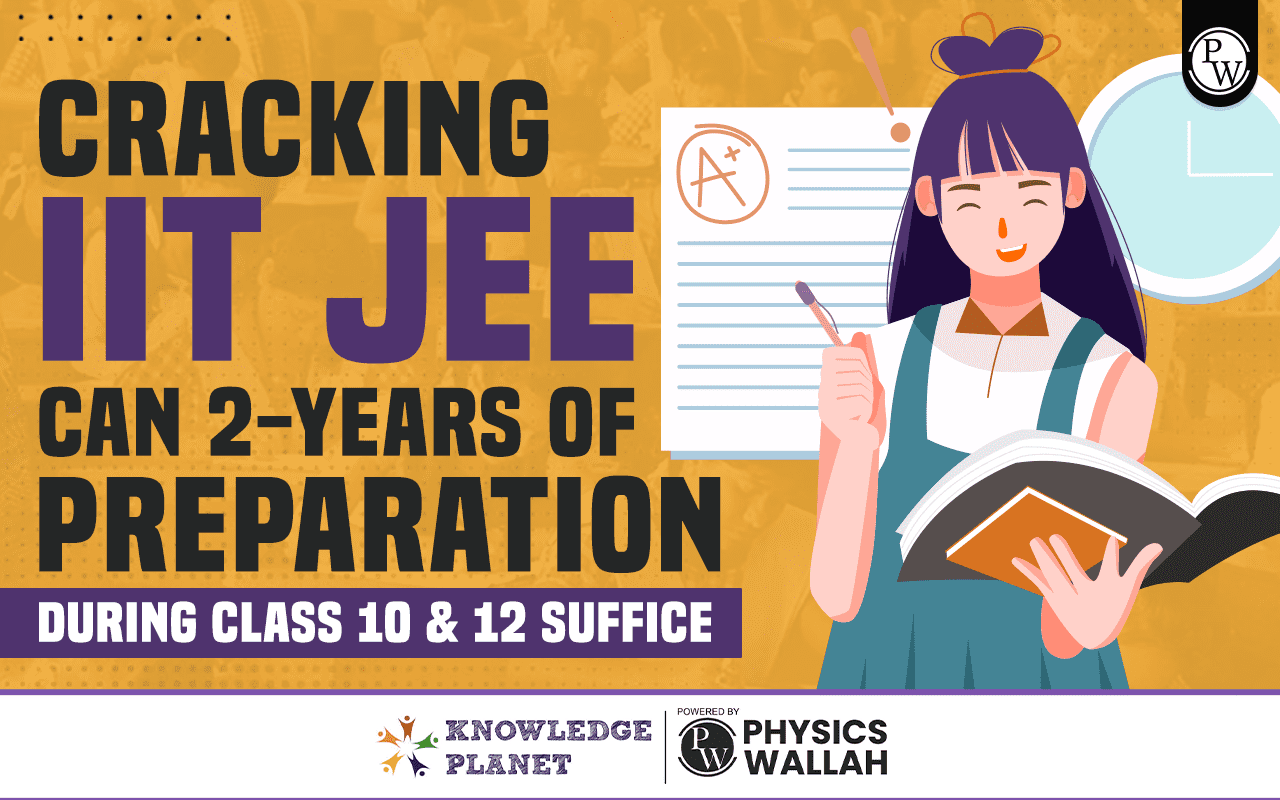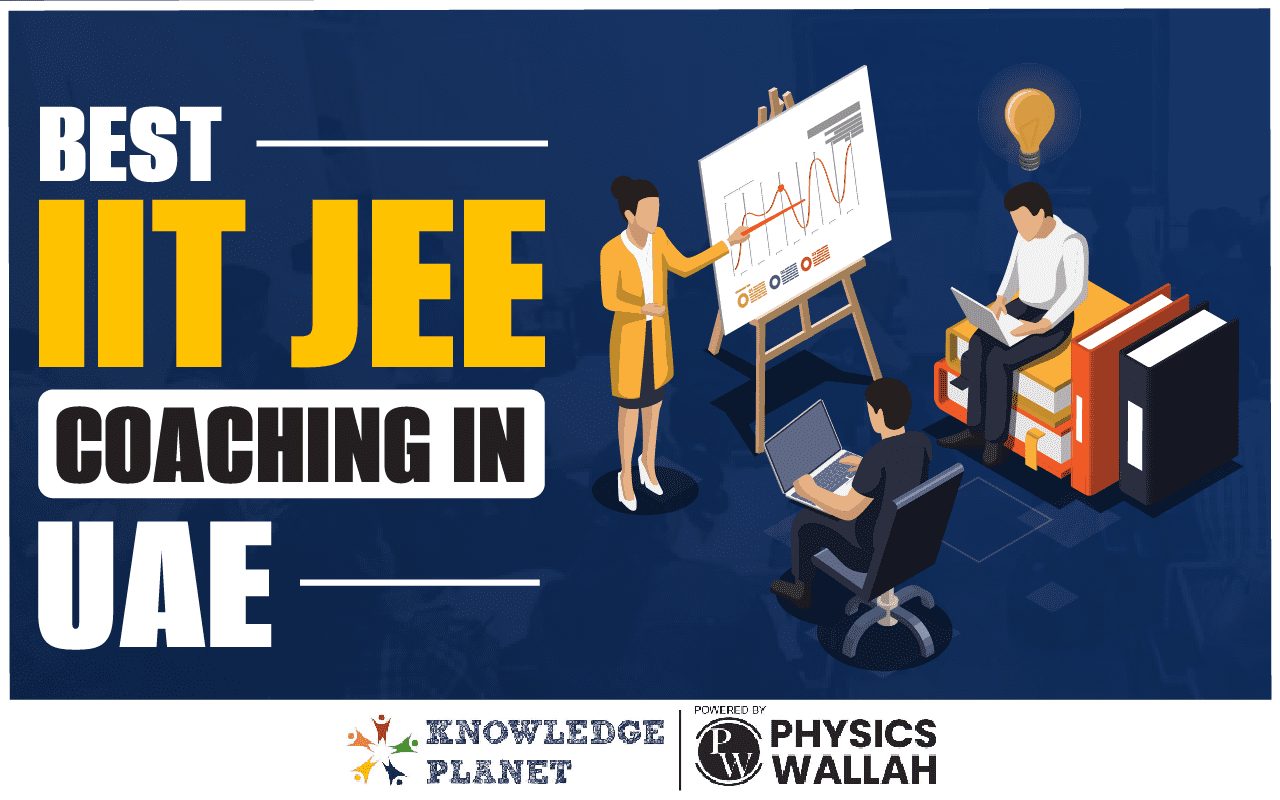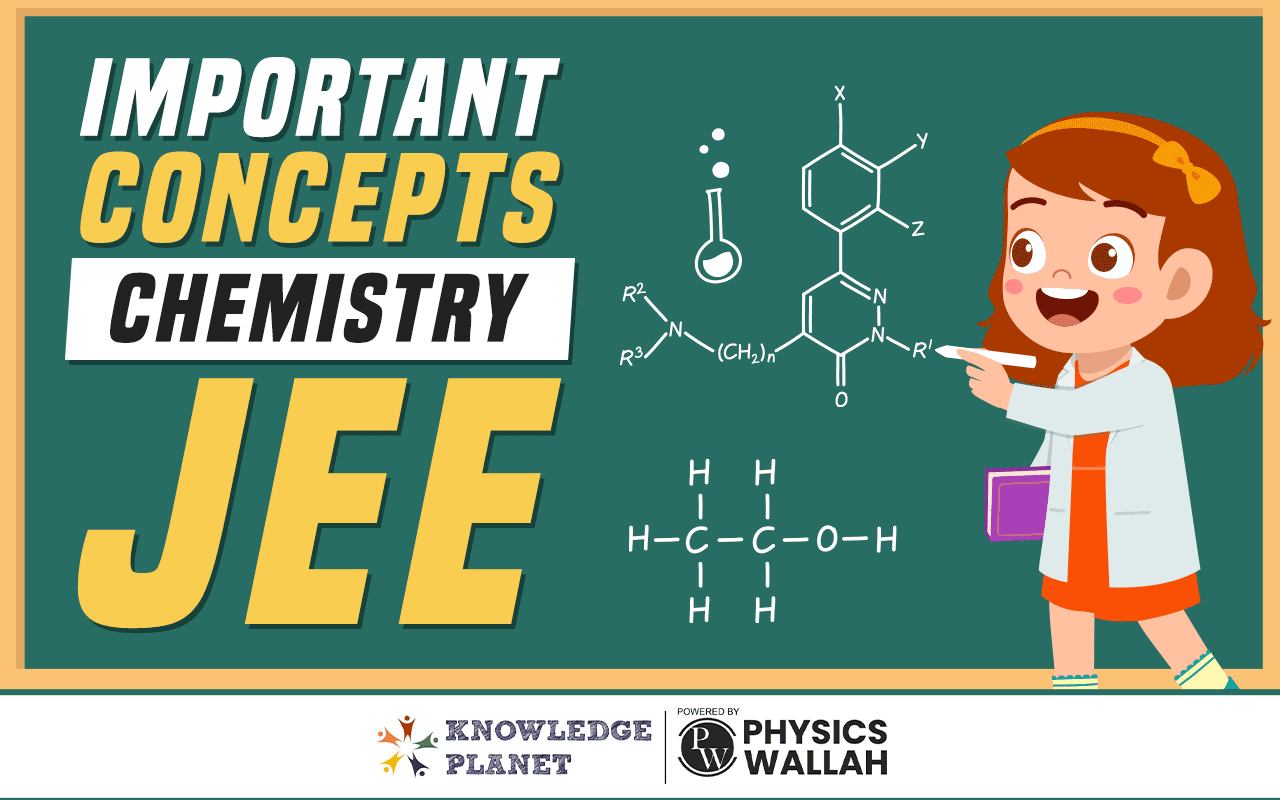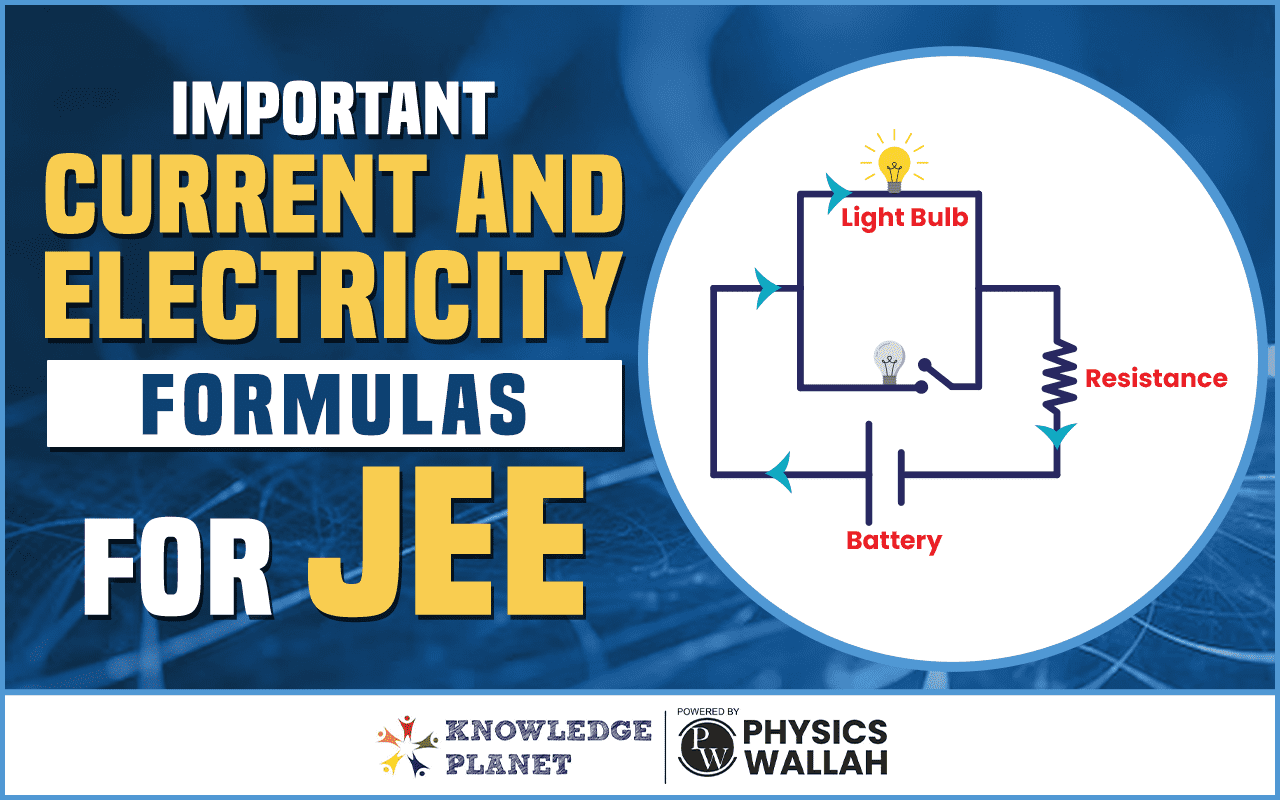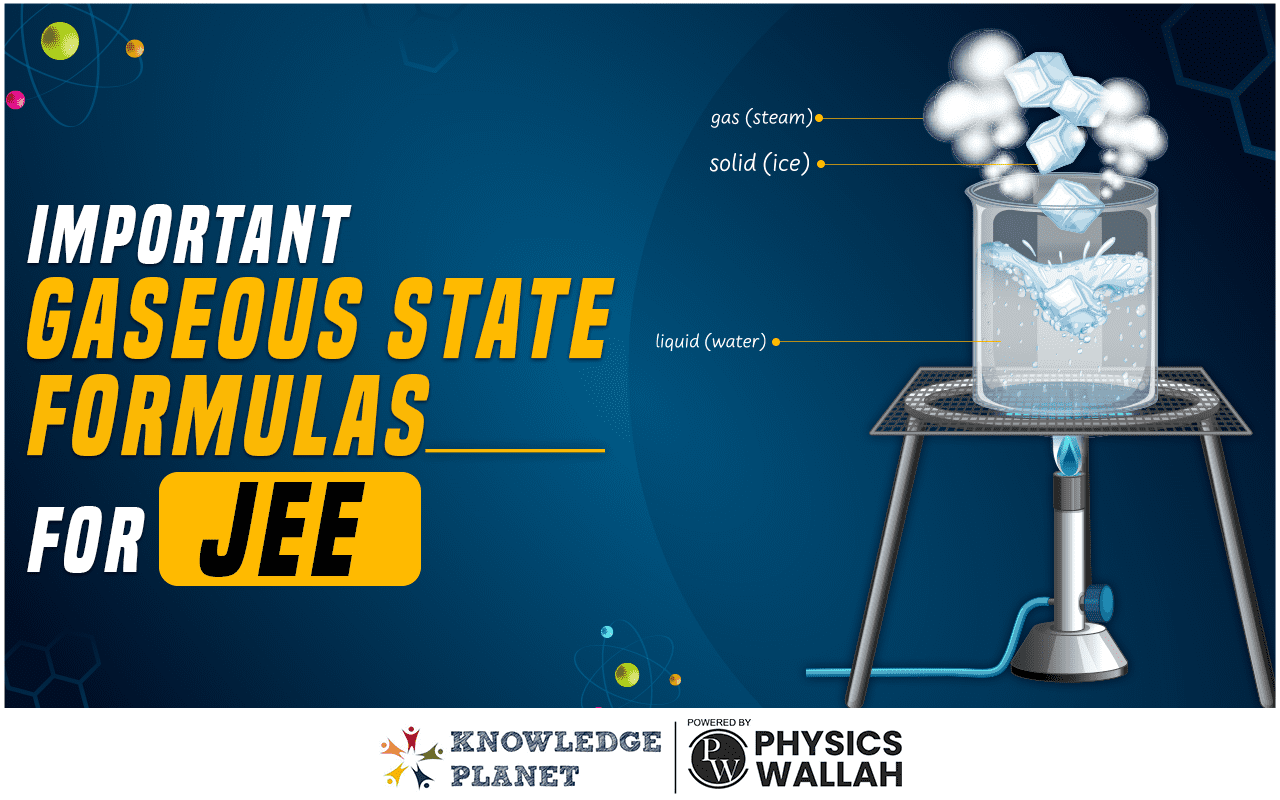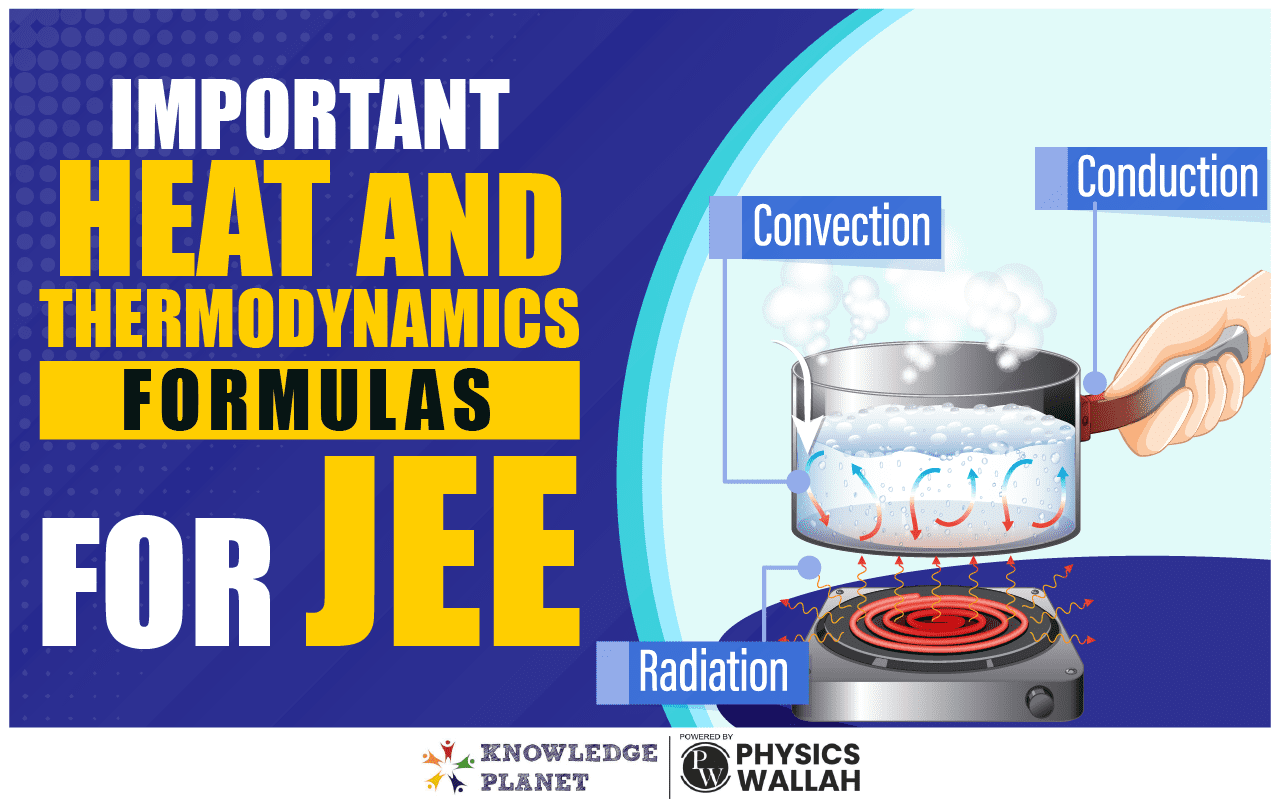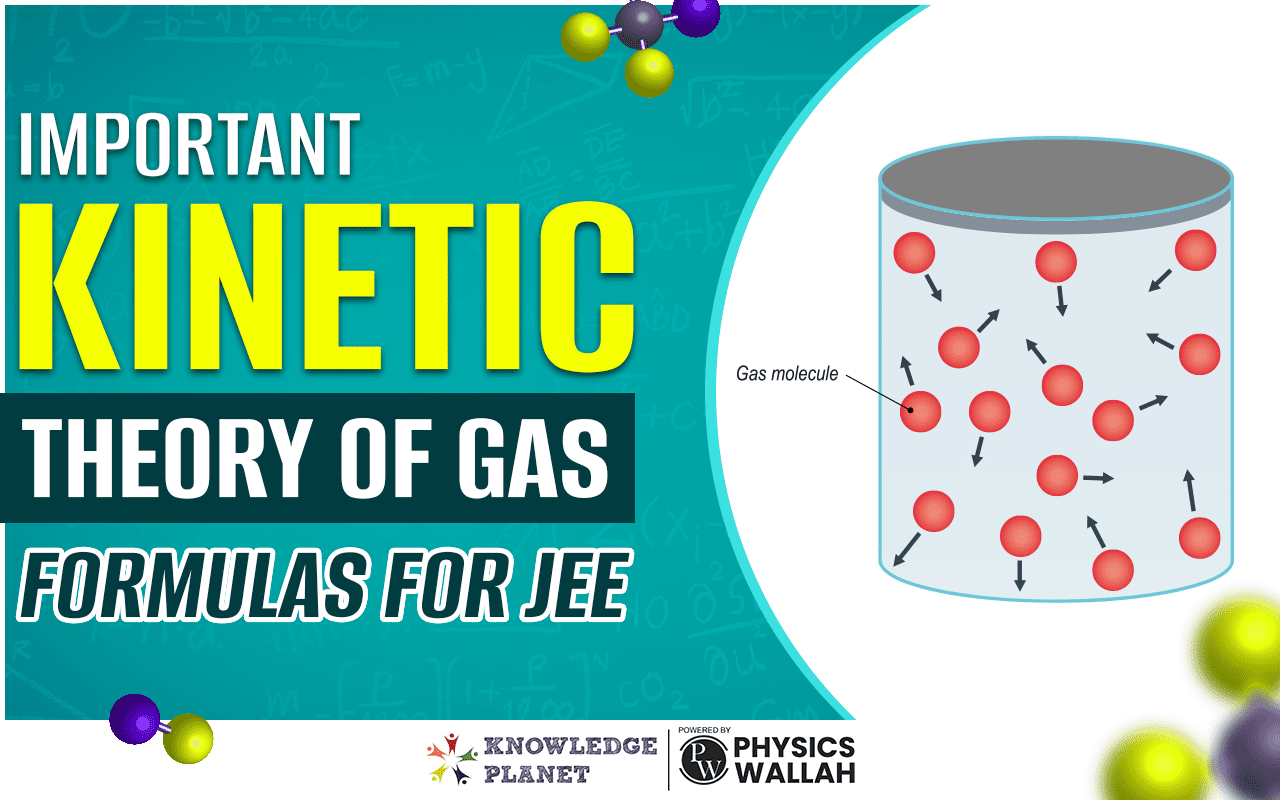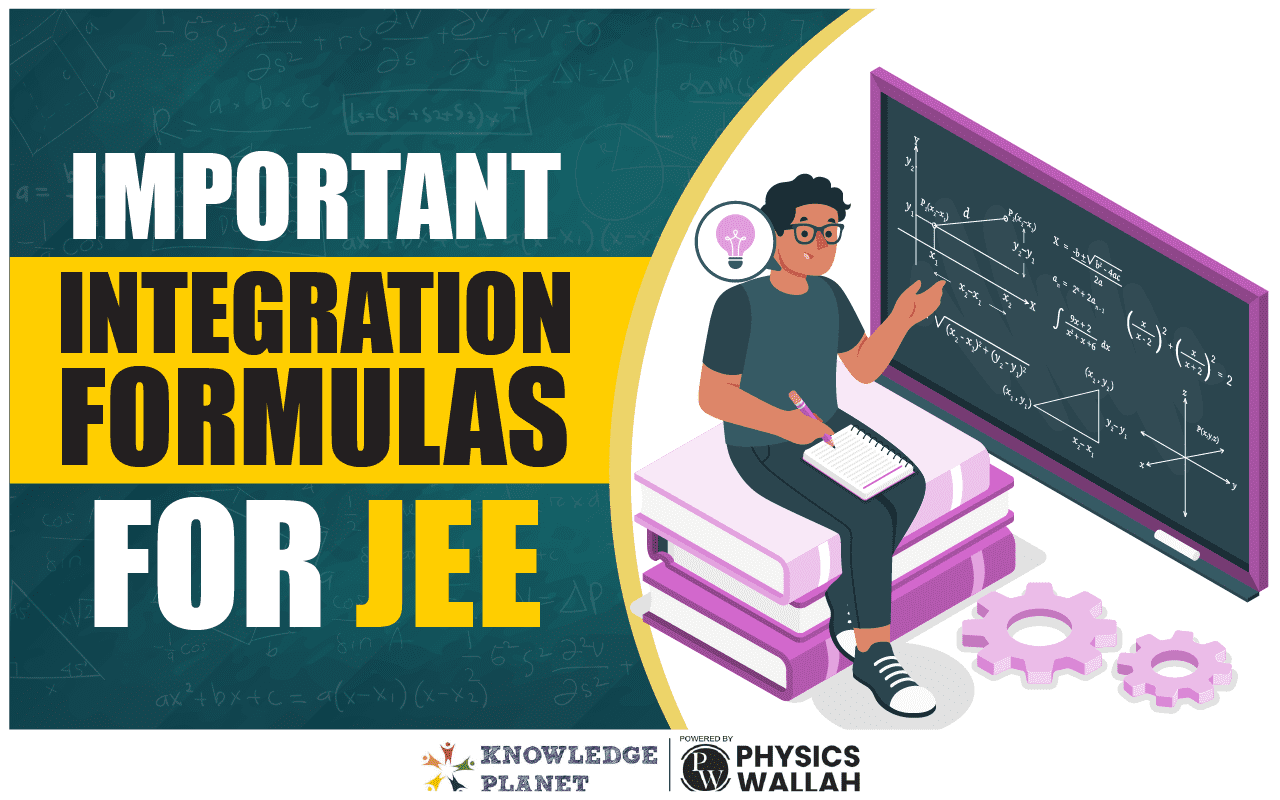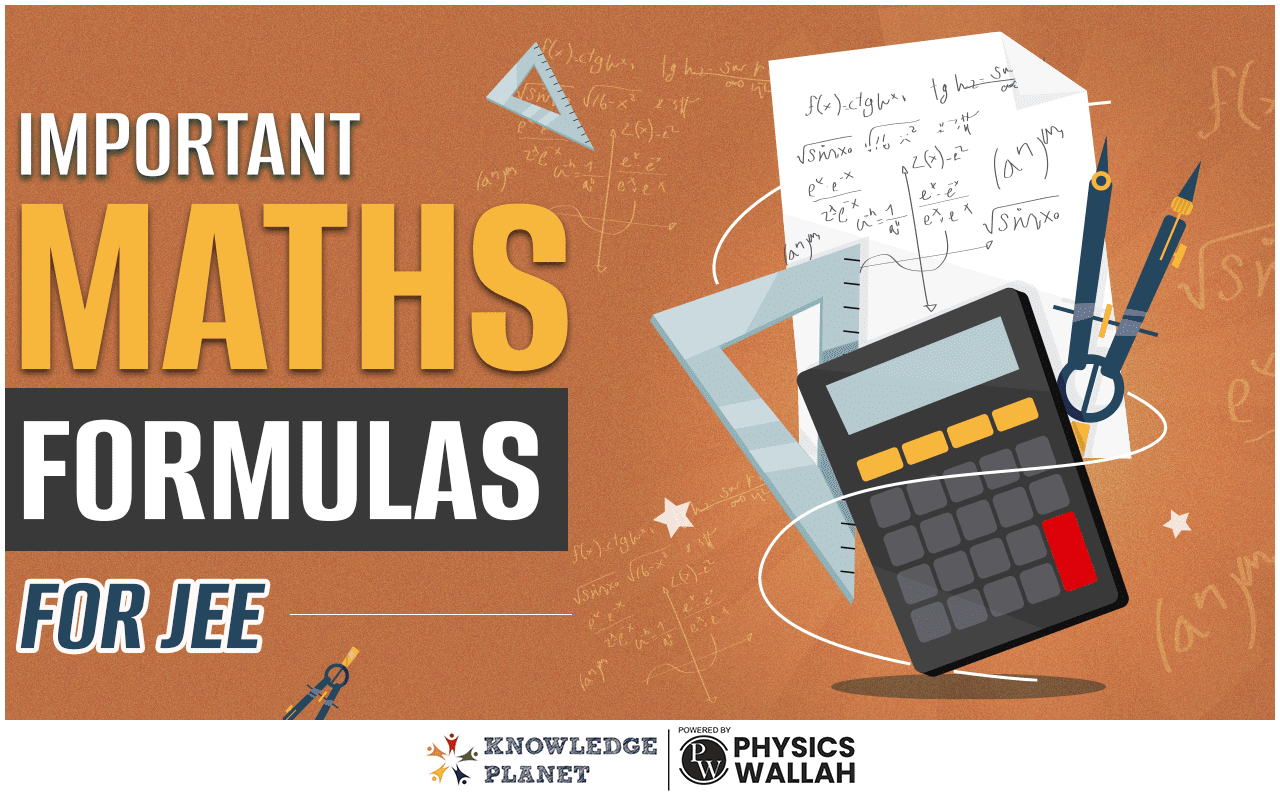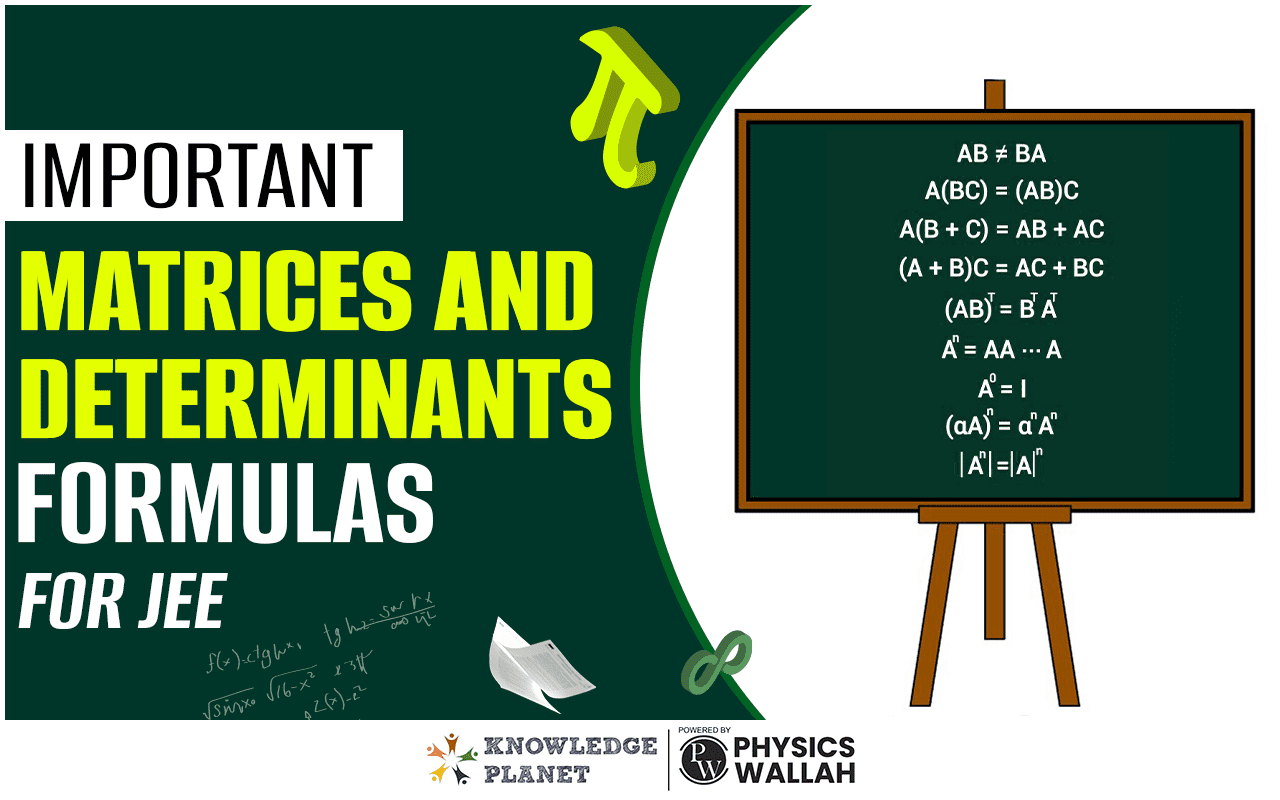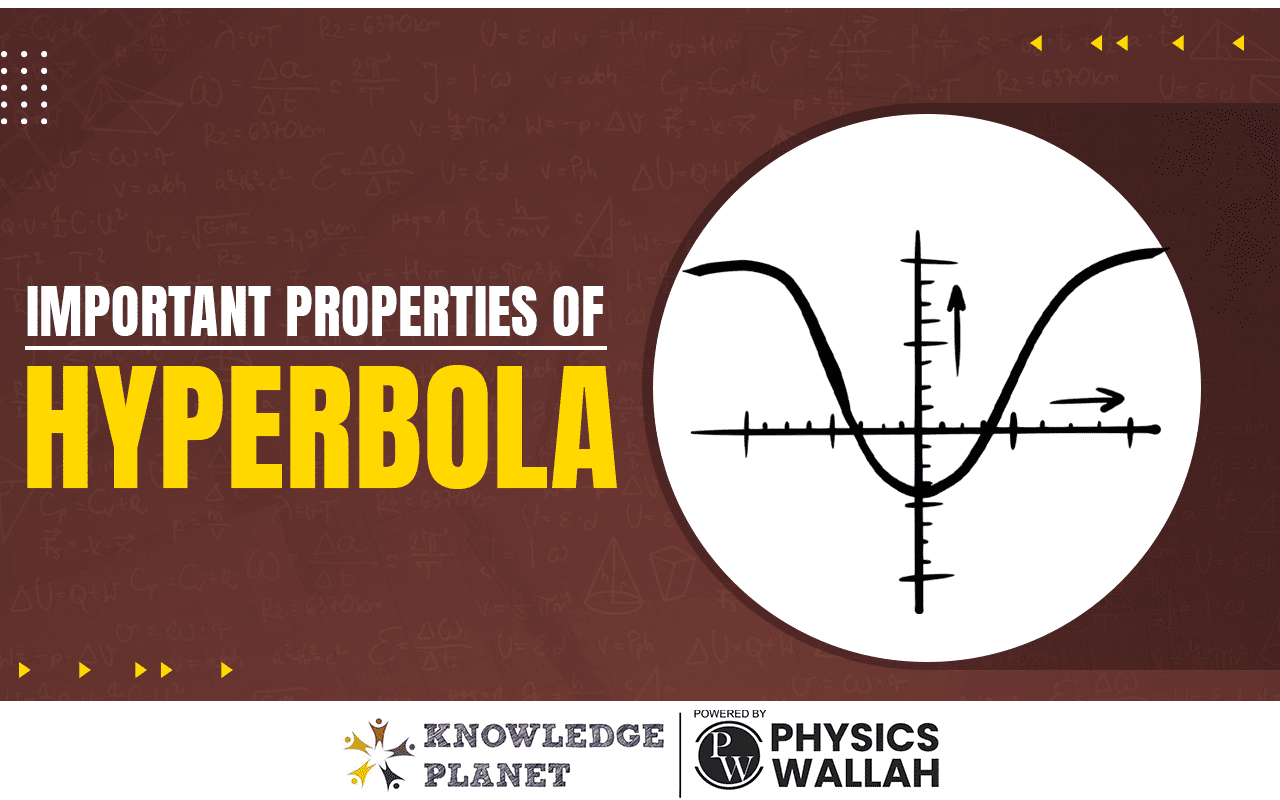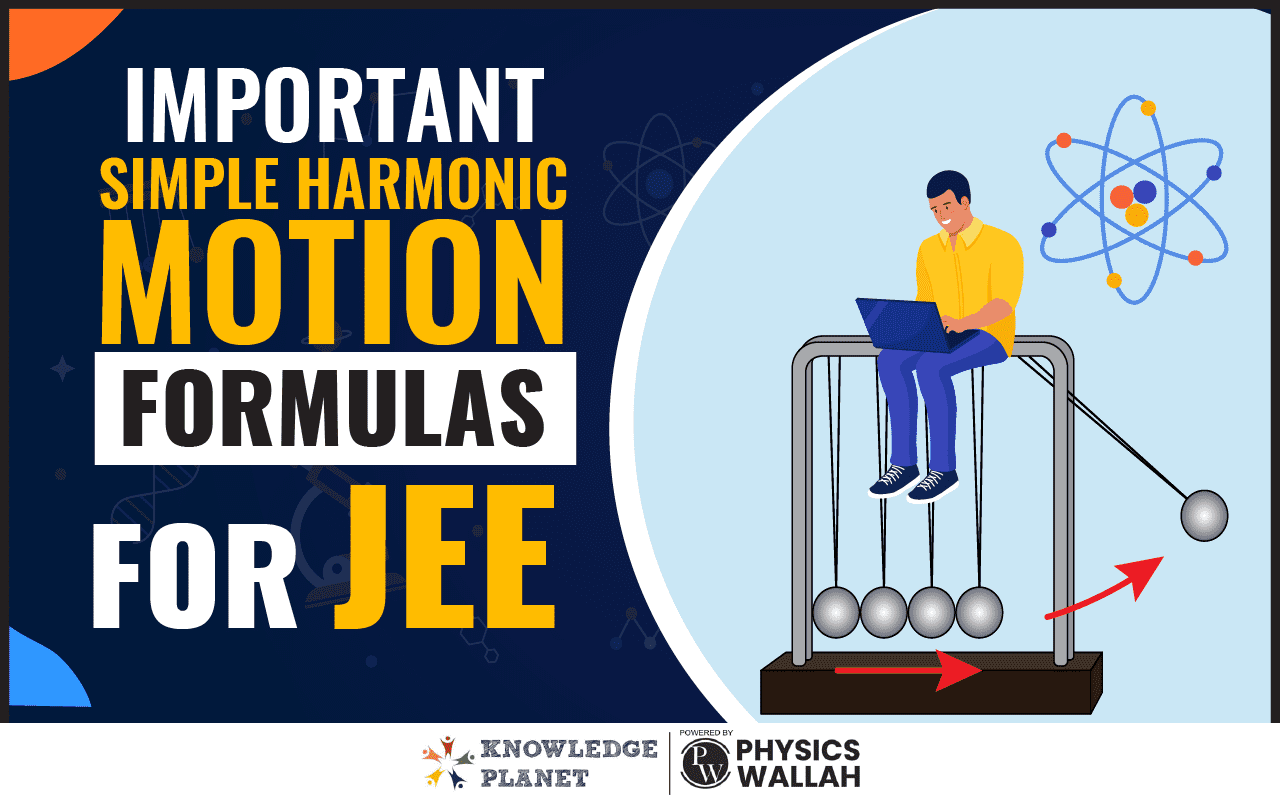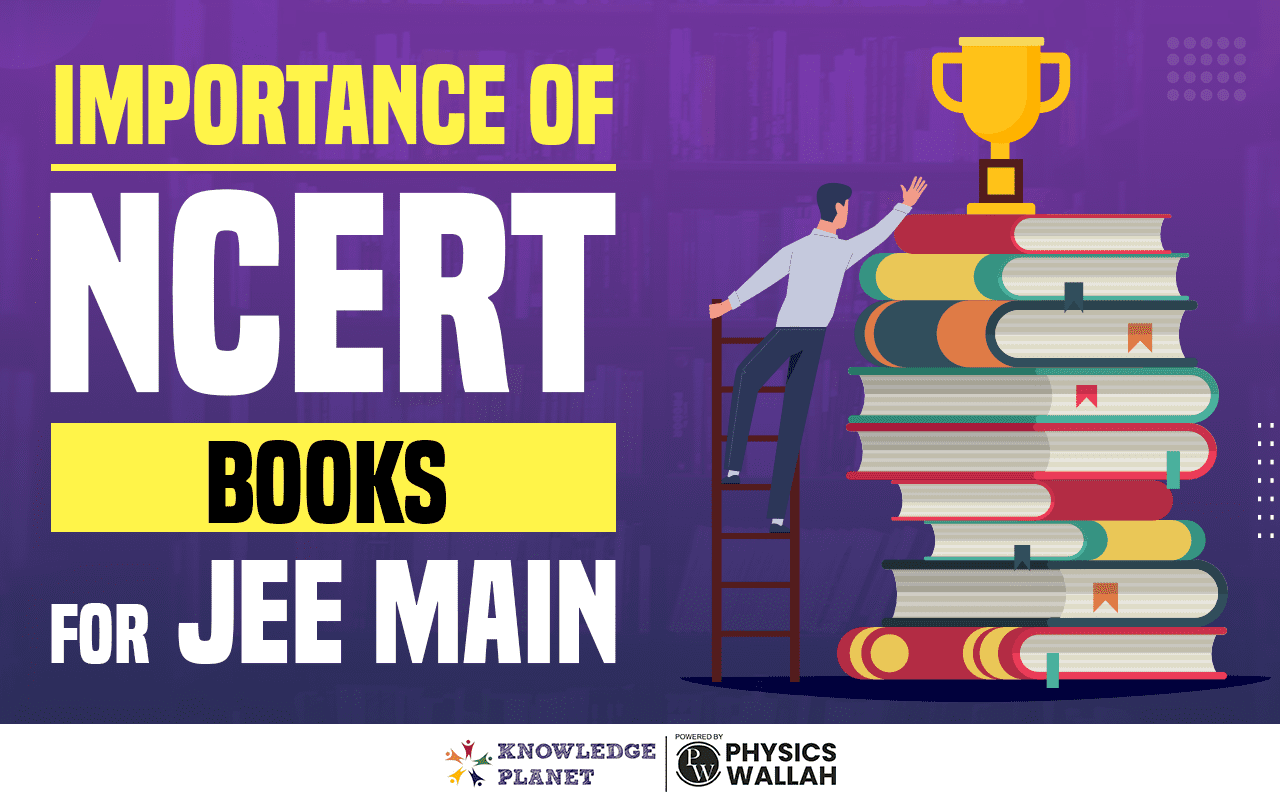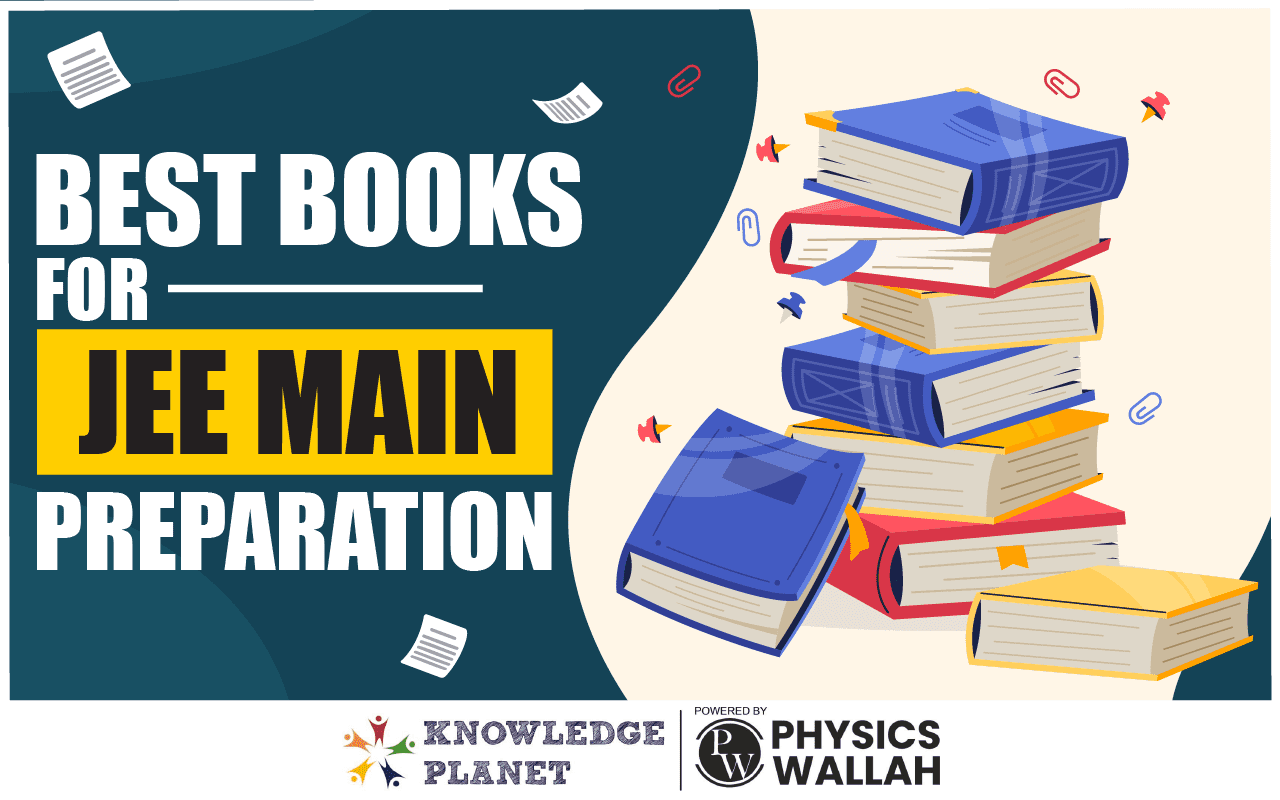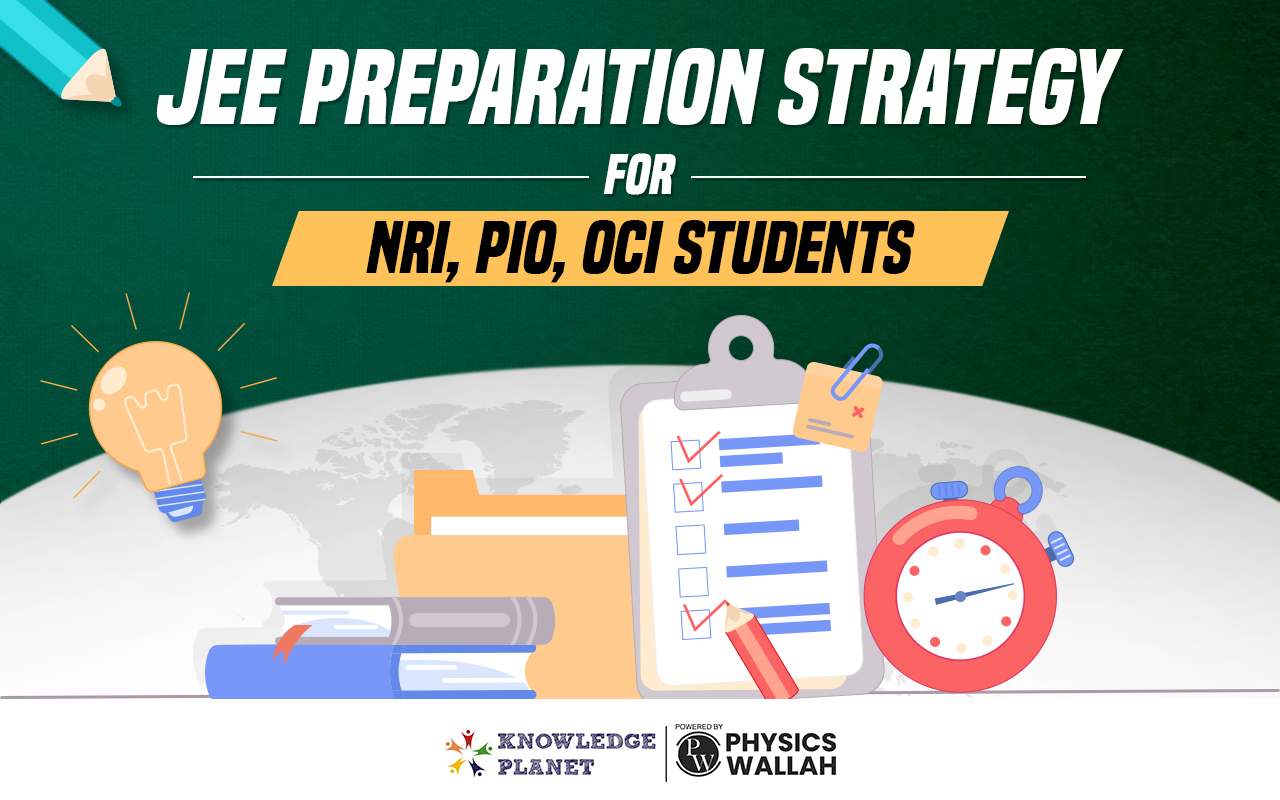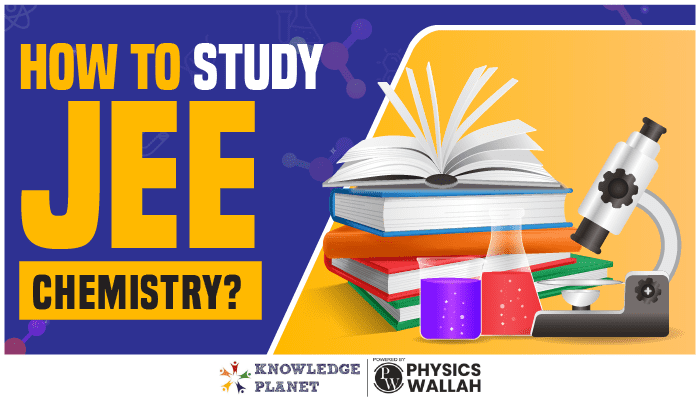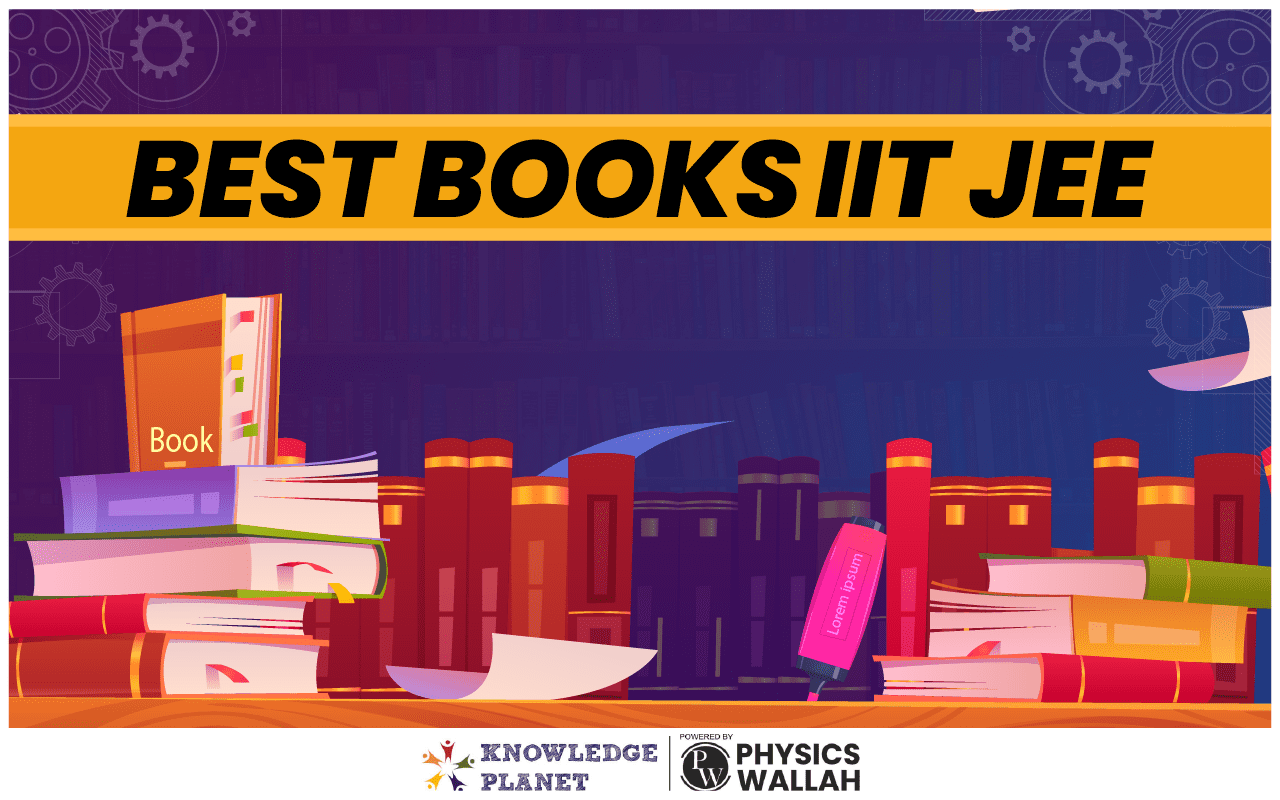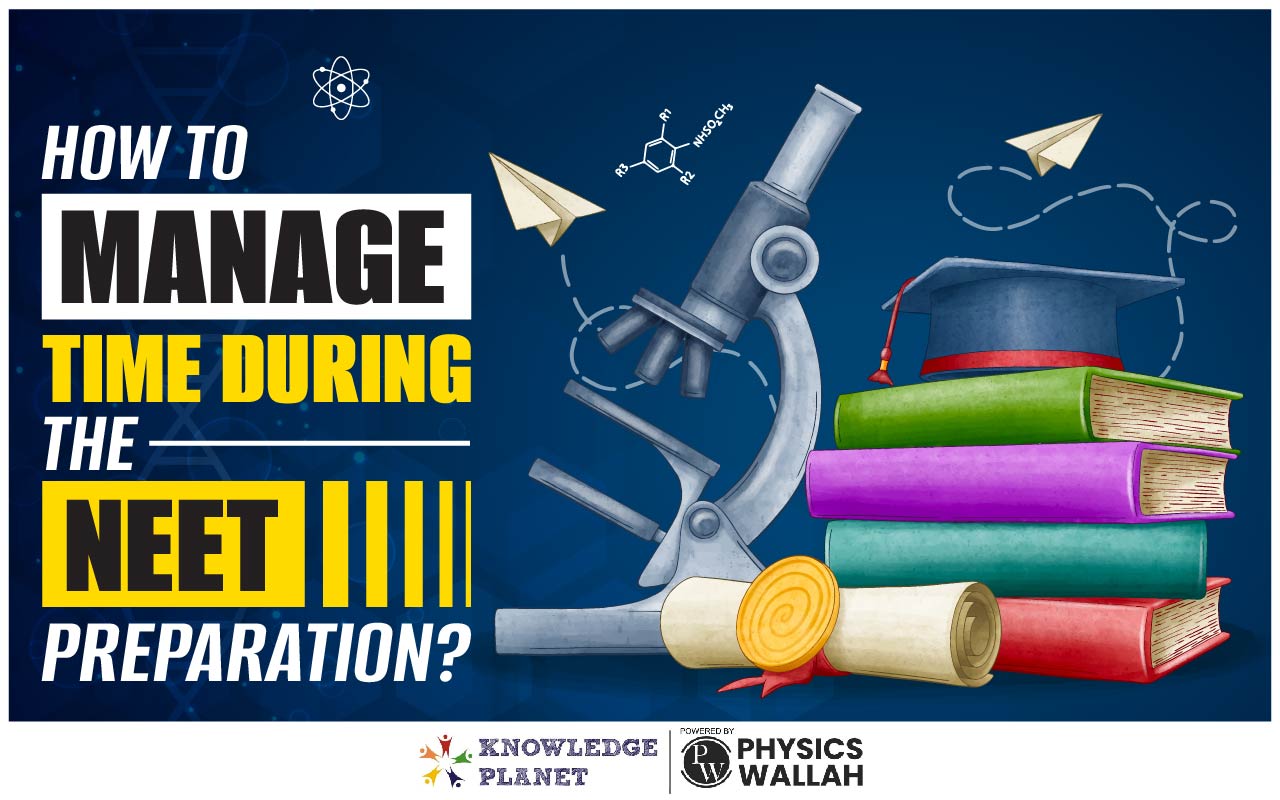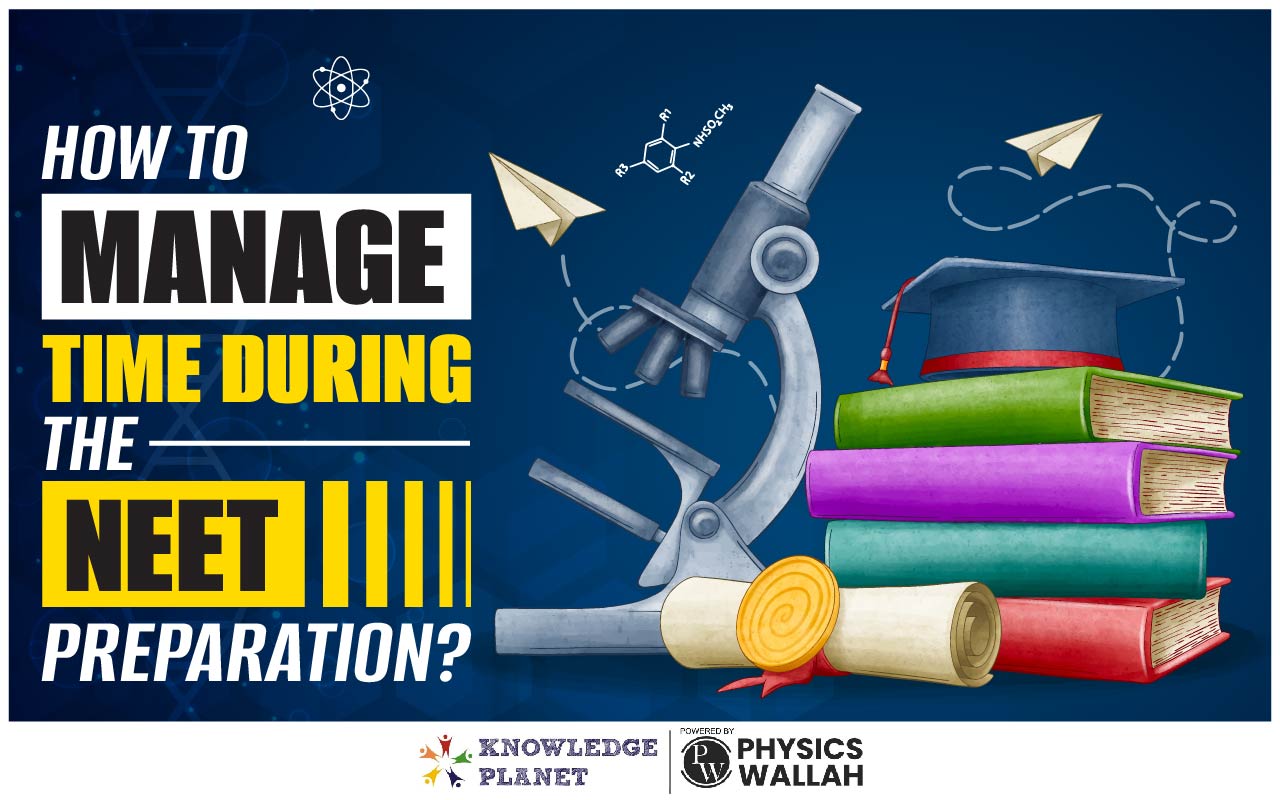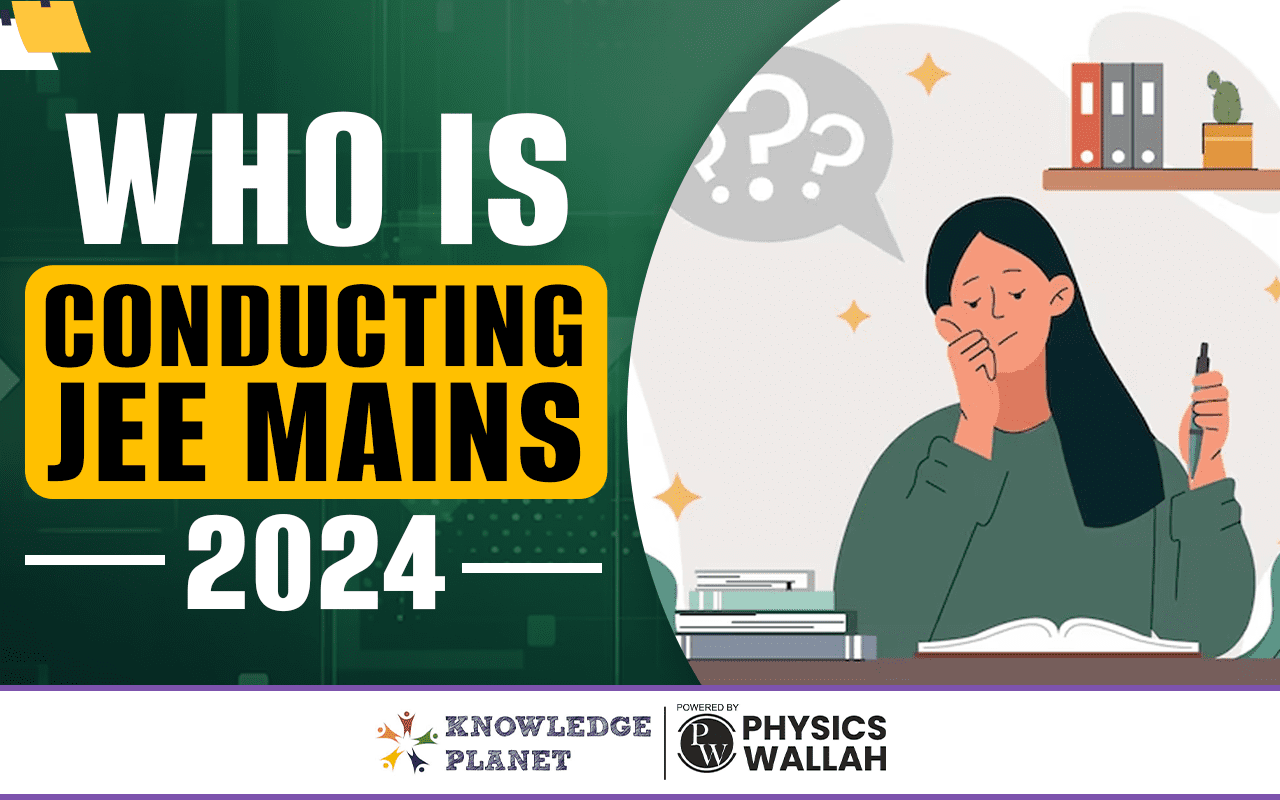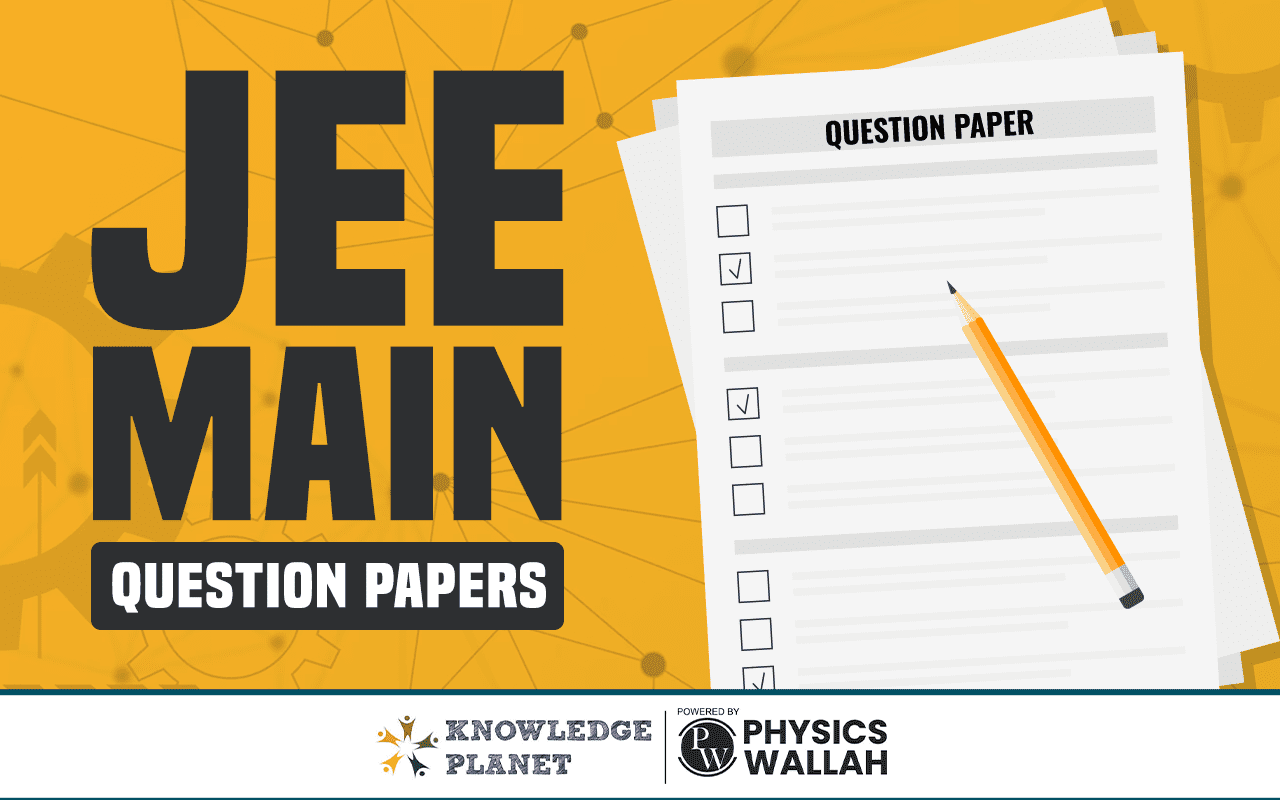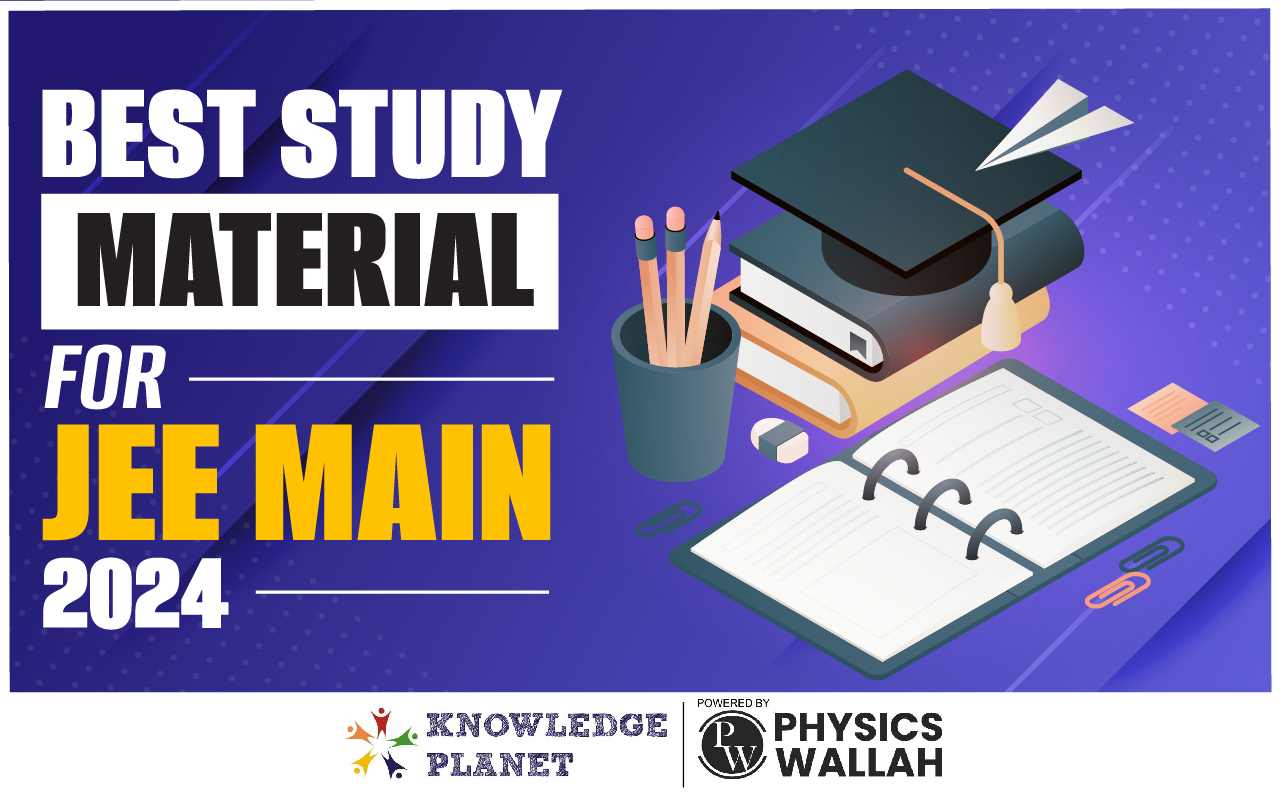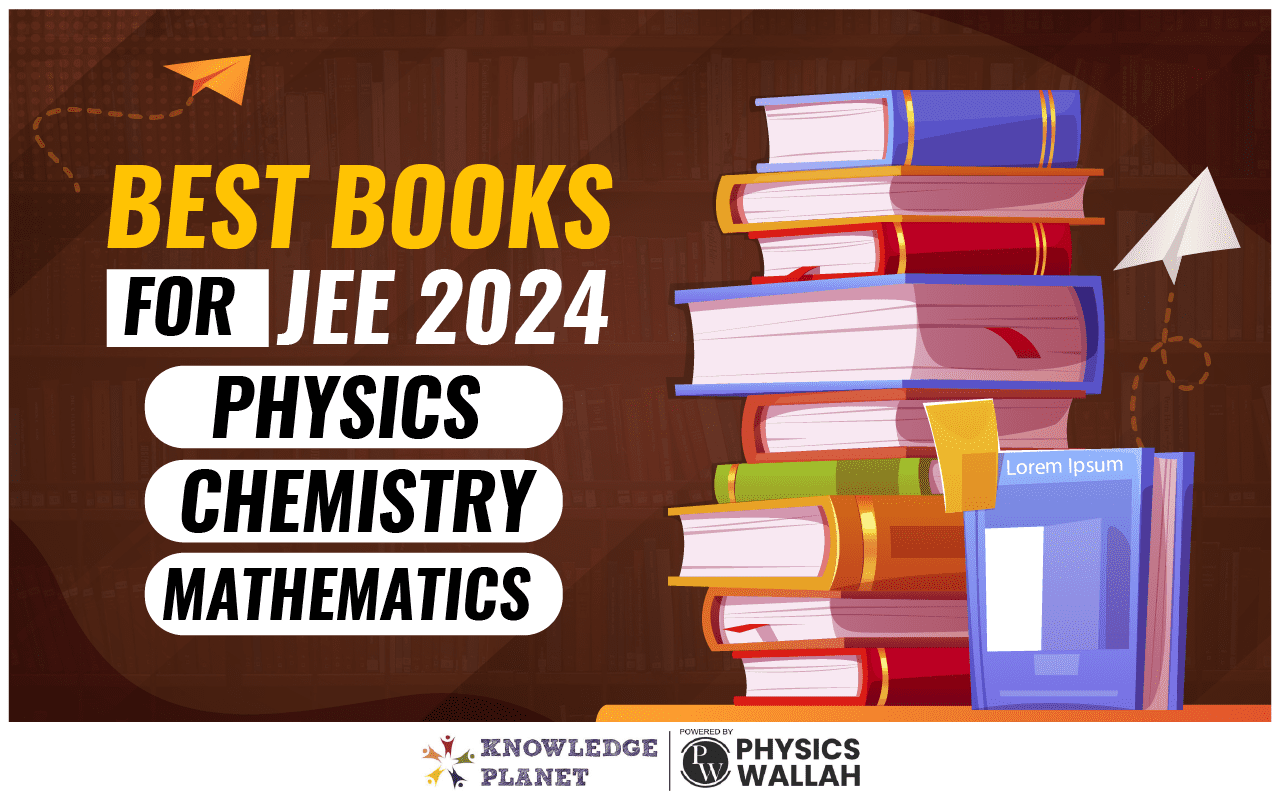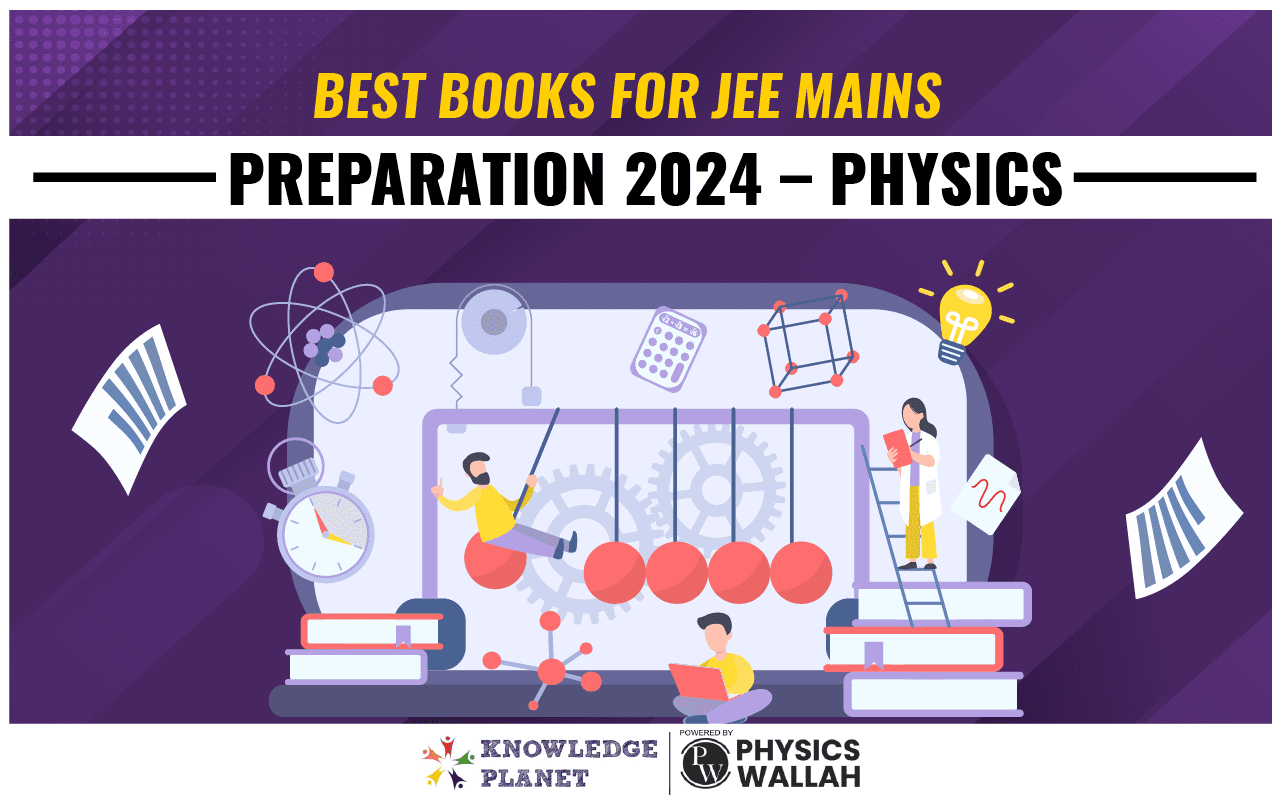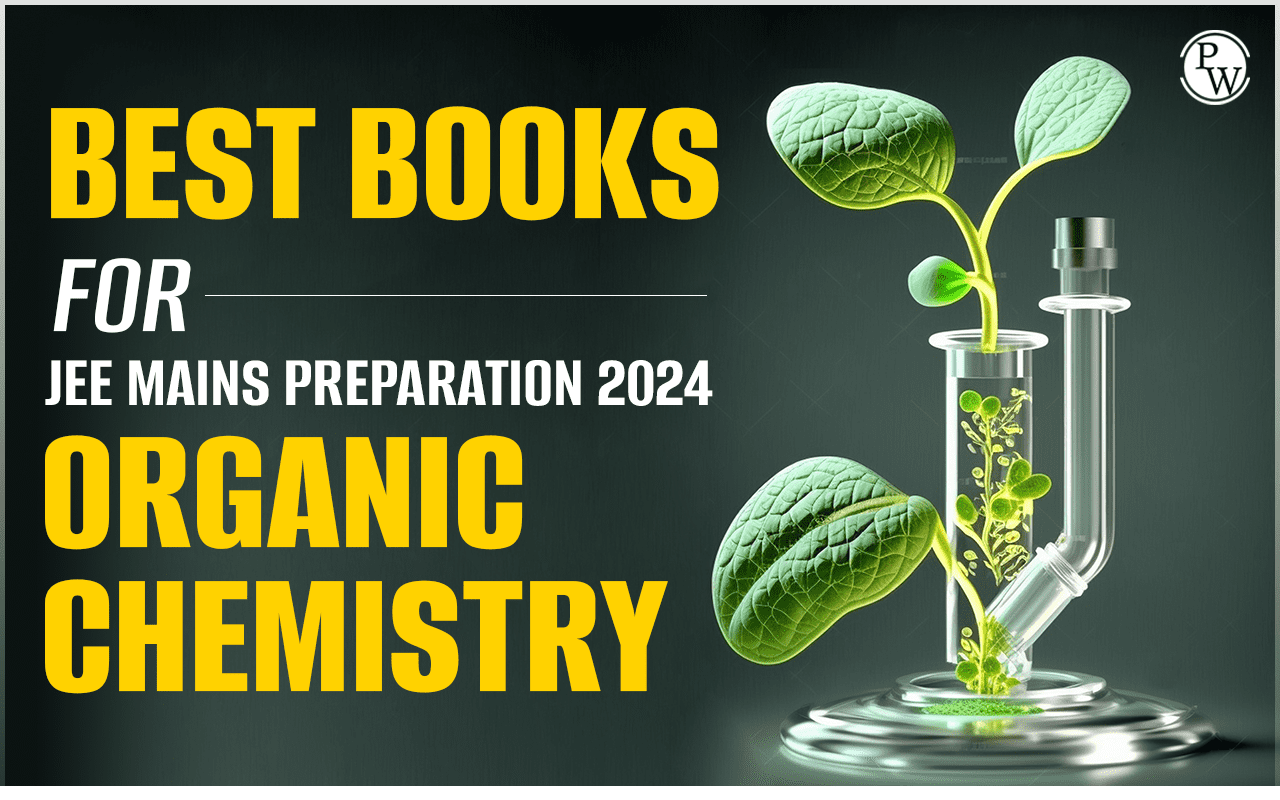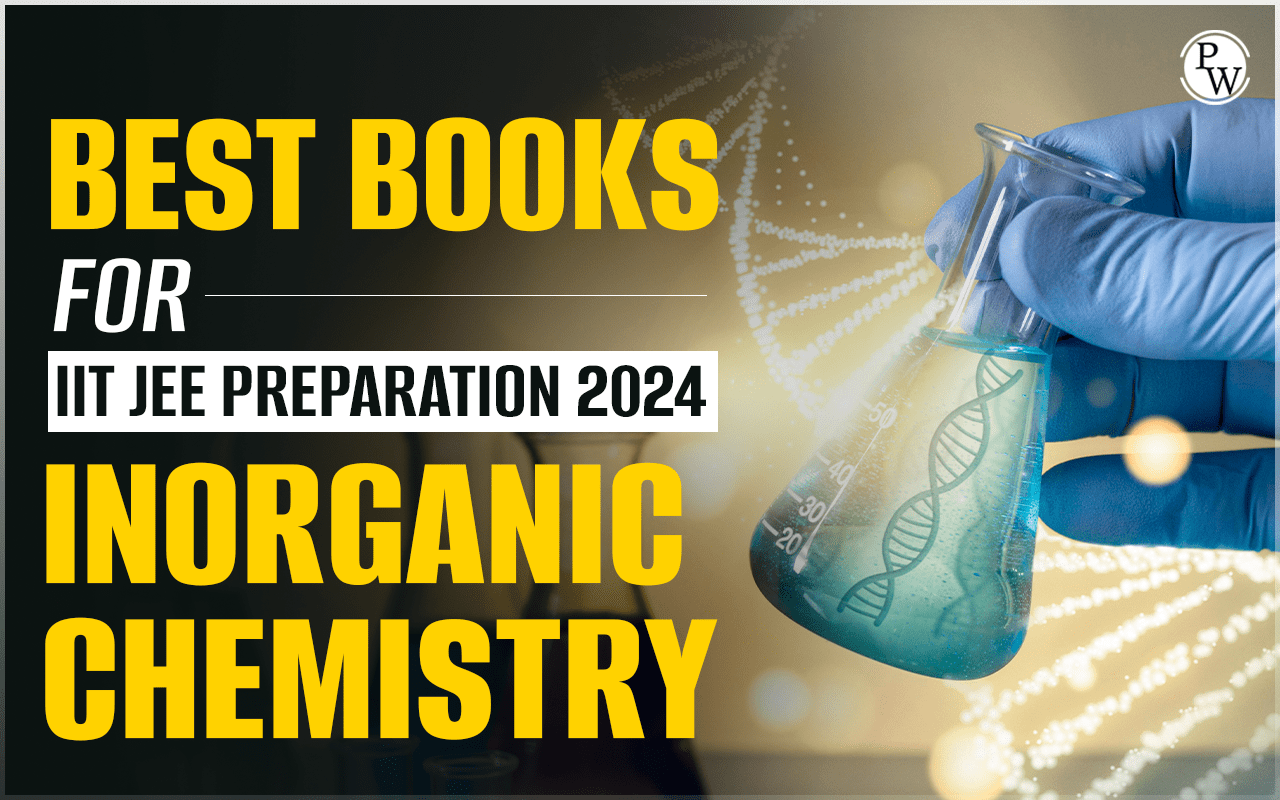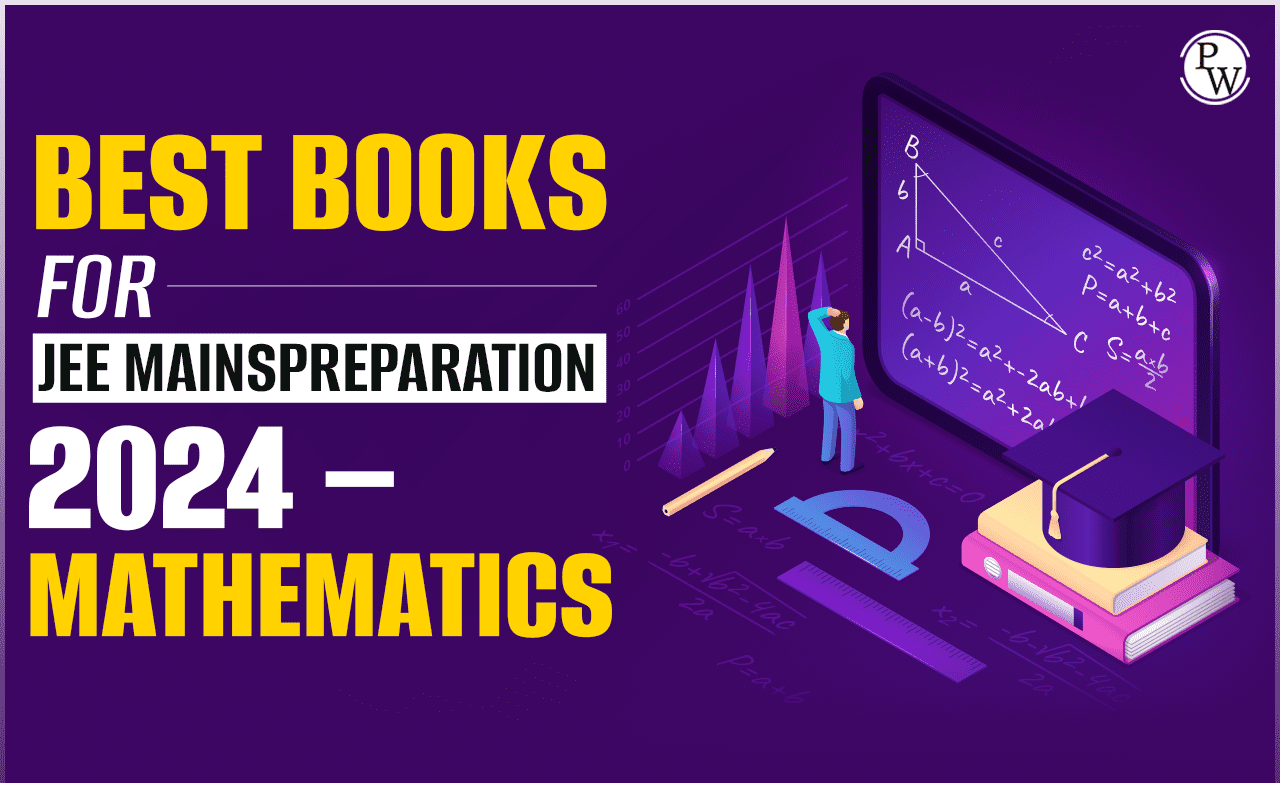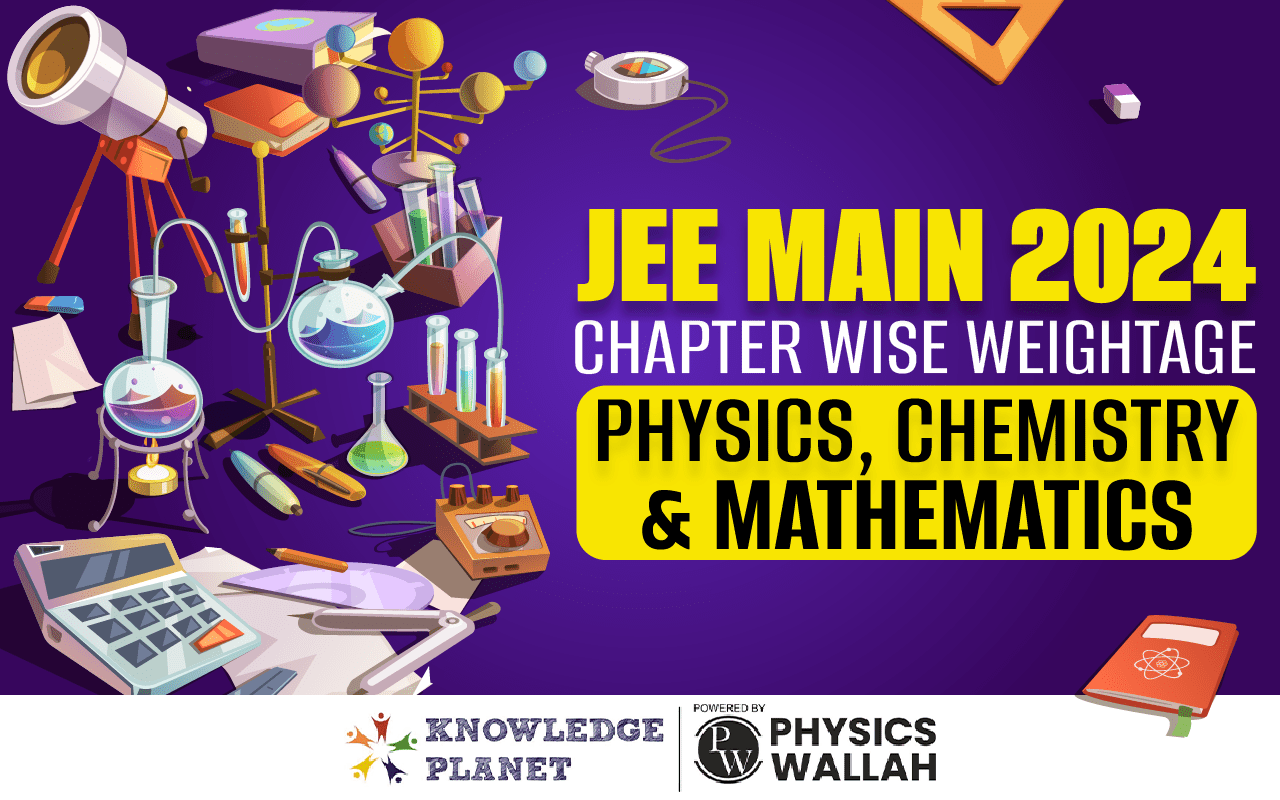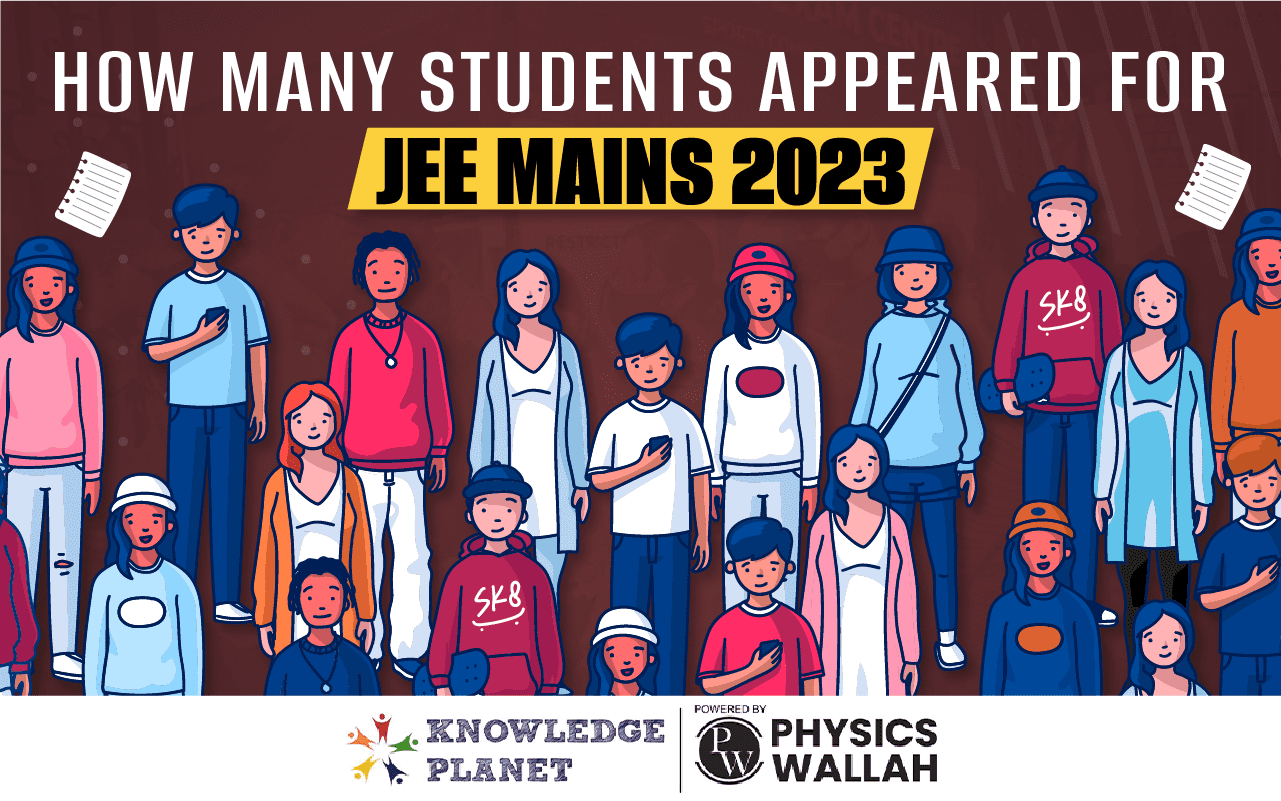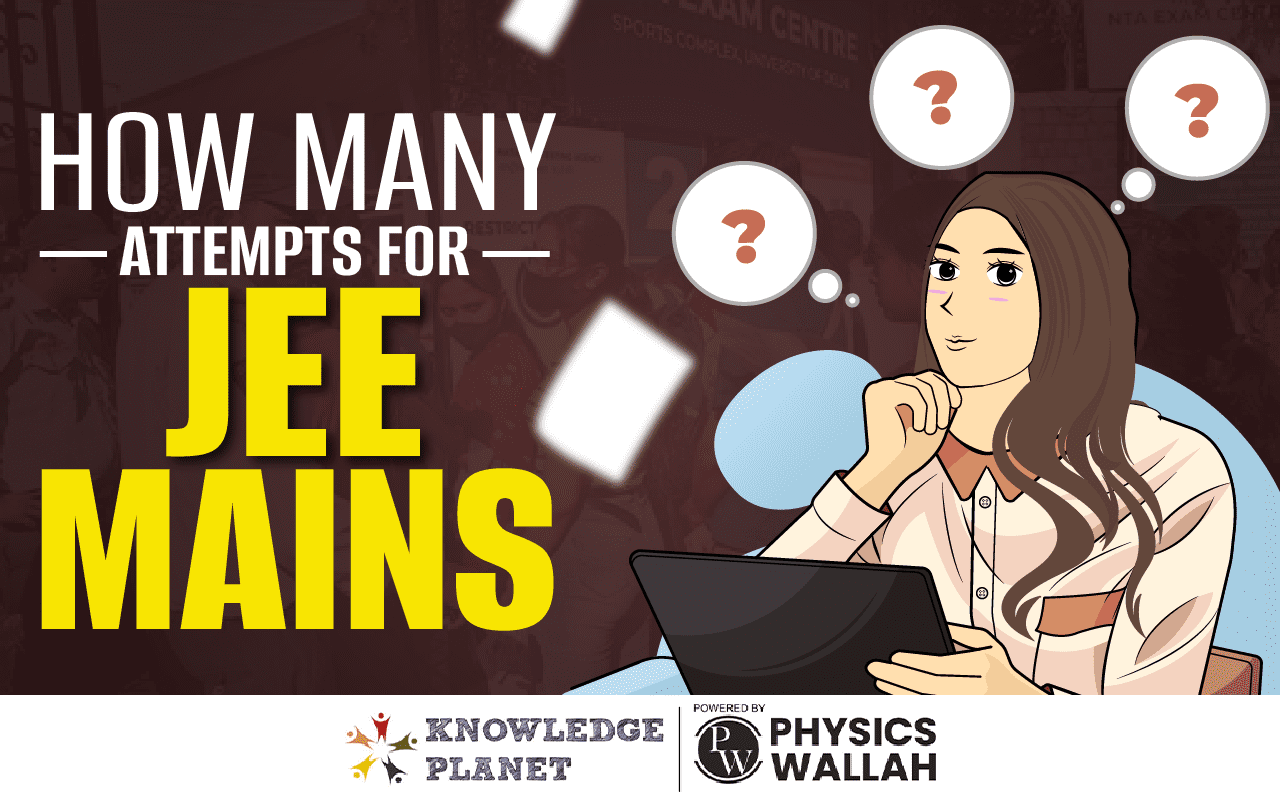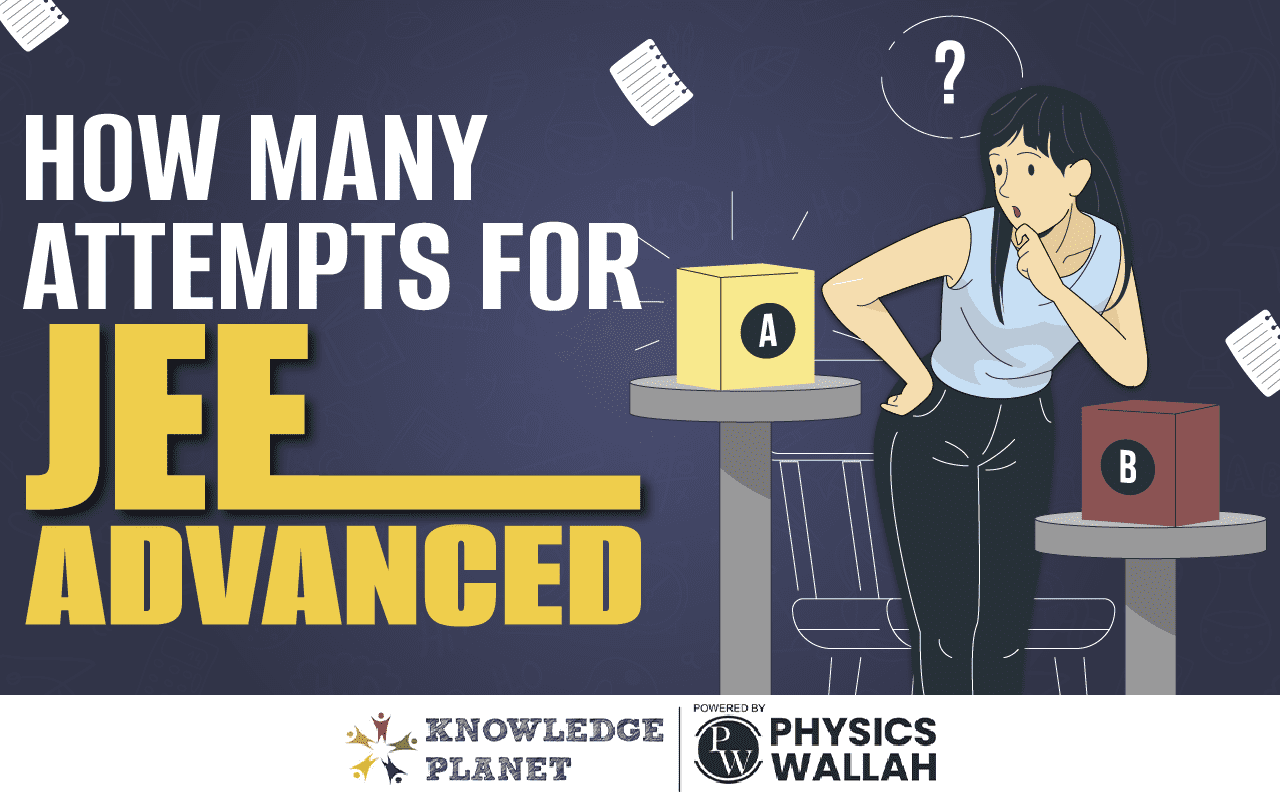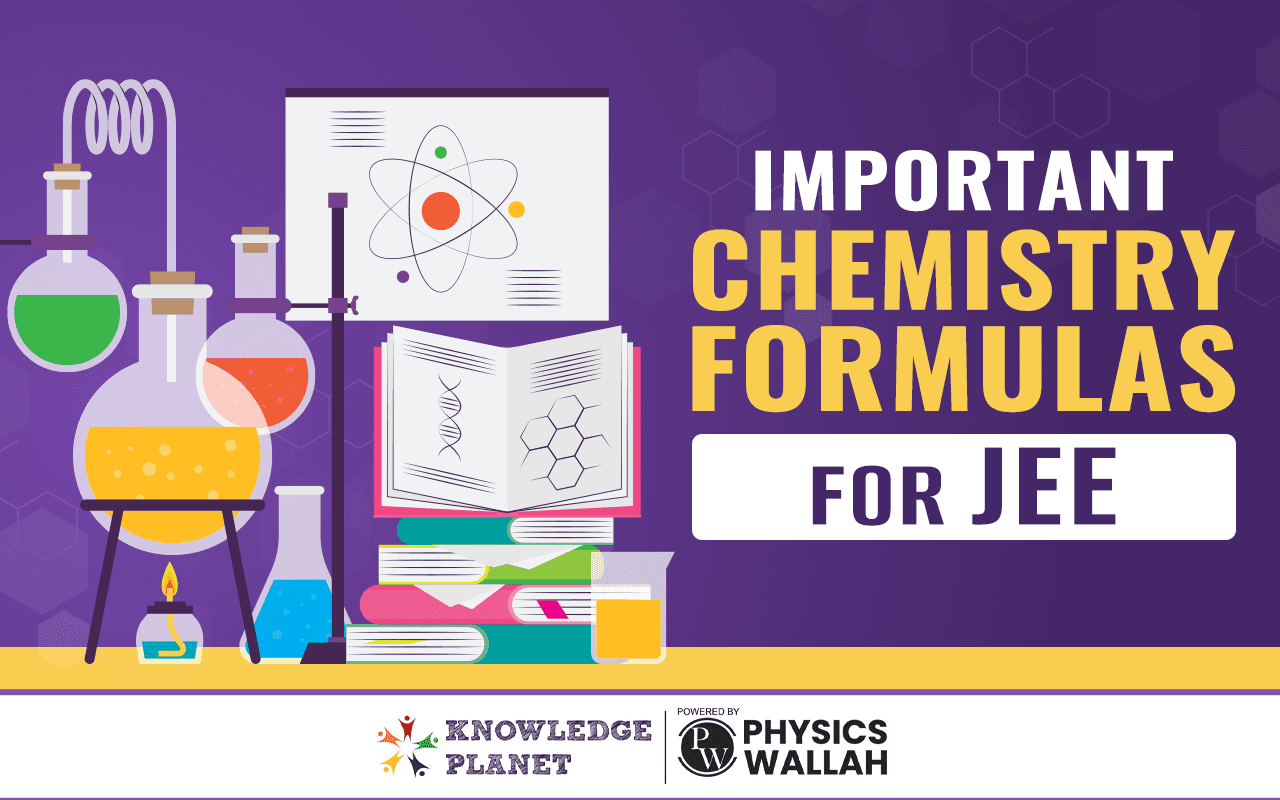IIT Delhi announces M.Tech in Energy Transition and Sustainability for Abu Dhabi campus
IIT Delhi announces M.Tech in Energy Transition and Sustainability for the Abu Dhabi campus, starting in January 2024. This program stands out from the usual academic ventures, serving as a pathway to comprehend technology, public policy, and environmental sustainability in the energy sector.
It gives students a unique opportunity to step into clean and sustainable energy. Through a collaboration with ADEK and ADNOC, IIT Delhi also offers scholarships, making this a fantastic opportunity for aspiring professionals. Candidates planning to participate in this program can apply until November 27, 2024, at https://abudhabi.iitd.ac.in/.
Scholarship Opportunities:
The partnership between IIT Delhi, ADEK, and ADNOC has paved the way for a scholarship program, reflecting the joint commitment to nurturing skilled talent in the UAE. In alignment with the country's 'Year of Sustainability,' up to 15 scholarship places are available for the inaugural Master's program in Energy Transition and Sustainability. Additionally, 10 fully sponsored scholarship positions will be offered to selected students from India, the UAE, and other countries. This commitment underscores the importance of preparing the next generation of leaders in the energy transition field.
Curriculum Overview:
The M.Tech in Energy Transition and Sustainability program is designed as a two-year, in-person course at IIT Delhi Abu Dhabi's temporary campus. It promises a comprehensive and multifaceted approach to addressing the challenges and opportunities in the energy sector. The curriculum is structured to provide a robust foundation in technologies and policies related to energy transition, focusing on two specialized areas: 'Technologies for Decarbonization' and 'Economics, Policy, and Planning for Energy Transition.' This strategic approach allows students to tailor their education to their specific interests and career goals.
Selection Process:
Prospective candidates seeking admission to this program must undergo a rigorous selection process following IIT Delhi's stringent academic standards. Eligibility criteria include a four-year bachelor's degree in any engineering or specific science discipline such as physical, chemical, environmental, or earth science. Alternatively, a master's degree in any of the mentioned science disciplines is also considered a qualifying degree. The meticulous selection process ensures that the admitted students meet the high academic standards set by IIT Delhi.
Global Partnerships for Global Impact:
The collaboration between IIT Delhi, ADEK, and ADNOC extends beyond scholarships and academic programs. It symbolizes a commitment to global sustainability and innovation. The partnership emphasizes educational excellence and aims to align the education ecosystem with emerging jobs in evolving sectors. Dr. Ahmed Sultan Alshoaibi, Acting Executive Director of the Higher Education Sector at ADEK, expressed the significance of industry partnerships in aligning education with evolving job requirements. This collaboration is expected to revolutionize the energy sector's leadership landscape.
Impact on the Abu Dhabi Campus:
The announcement of the M.Tech in Energy Transition and Sustainability program marks the beginning of IIT Delhi's academic offerings in Abu Dhabi. The campus, expected to open its doors in 2024, reflects the shared vision of India and the UAE in focusing on educational excellence, innovation, knowledge exchange, and investment in human capital. As the first academic offering, the Master's program is anticipated to bring exciting opportunities for graduates pursuing careers in the ever-evolving field of sustainable energy.
Conclusion:
IIT Delhi's announcement of the M.Tech in Energy Transition and Sustainability program for its Abu Dhabi campus is a meaningful step towards fostering knowledge and innovation in the critical domain of sustainable energy. The collaboration with ADEK and ADNOC and scholarship opportunities underline the commitment to developing skilled professionals who will lead the global energy transition.
As the program prepares to welcome its first cohort in January 2024, it opens a new chapter toward a sustainable and environmentally conscious future. IIT Delhi's initiative stands as a beacon, illuminating the path for educational institutions worldwide to contribute meaningfully to the challenges and opportunities presented by the dynamic landscape of the energy sector.
IIT Delhi Announced M. Tech for Abu Dhabi Campus FAQs
Q1. What is the key focus of IIT Delhi's Master's Energy Transition and Sustainability program in Abu Dhabi?
Ans: The program aims to equip professionals with a comprehensive understanding of technology, public policy, and environmental sustainability in the energy sector.
Q2. How many scholarship places are being offered for the inaugural Master’s program, and who is eligible for these scholarships?
Ans: IIT Delhi, ADEK, and ADNOC offer 15 scholarships for the inaugural Master’s program, with an additional 10 scholarships for deserving applicants. Eligibility criteria apply.
Q3. What areas can candidates specialize in within the Master’s program, and why are they significant?
Ans: Candidates can specialize in 'Technologies for Decarbonization' and 'Economics, Policy, and Planning for Energy Transition,' addressing crucial aspects of the current energy landscape.
Q4. What is the significance of the partnership between IIT Delhi, ADEK, and ADNOC in offering scholarships for the Master’s program?
Ans: The partnership underscores a joint commitment to nurturing skilled talent in the UAE, aligning with the country’s 'Year of Sustainability' and promoting higher education.
Q5. How can prospective candidates apply for the Master's program, and what is the application deadline?
Ans: Prospective candidates can apply through the official website (https://abudhabi.iitd.ac.in/). The deadline for applications is November 27, 2023.
Q6. What distinguishes the Master’s program at IIT Delhi Abu Dhabi, and how does it contribute to the renewable energy sector?
Ans: The program provides a robust foundation on technologies and policies related to the energy transition, aiming to become a cornerstone in renewable energy research and development.
Q7. What does the future hold for academic offerings at IIT Delhi’s Abu Dhabi campus, according to the collaboration with ADEK?
Ans: Future plans include expanding academic offerings to upskill graduates across different disciplines, contributing to innovation and advancement on a global scale.

DASA Admission for NRI Students 2026 requires JEE Main scores for UG and GRE/GMAT for PG admissions. Registration starts online at dasanit.org in June 2026, with 15% supernumerary seats and a CIWG quota. Tuition fees are around USD 4,000 per semester (USD 2,000 for CIWG), and counselling will be conducted online in July after JEE Main results.


















